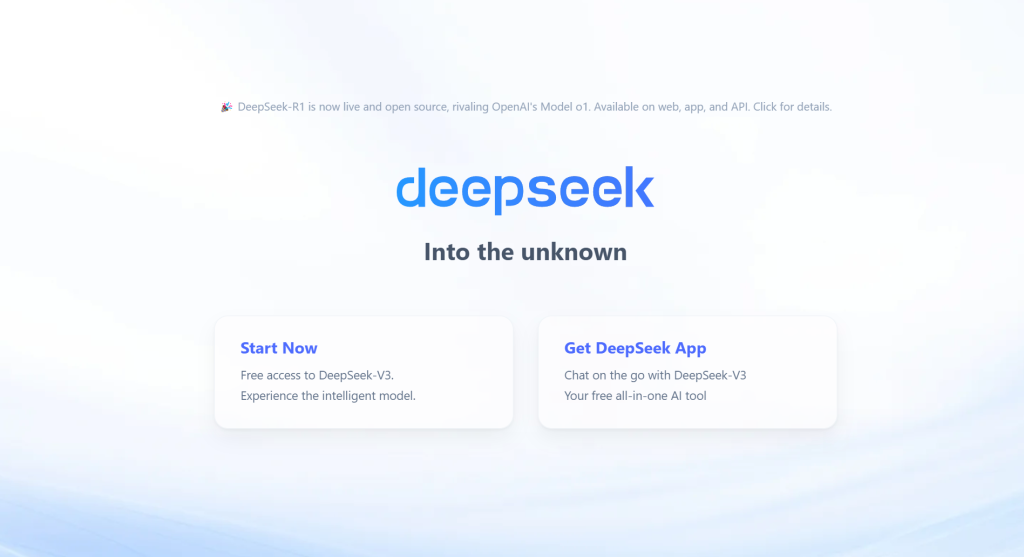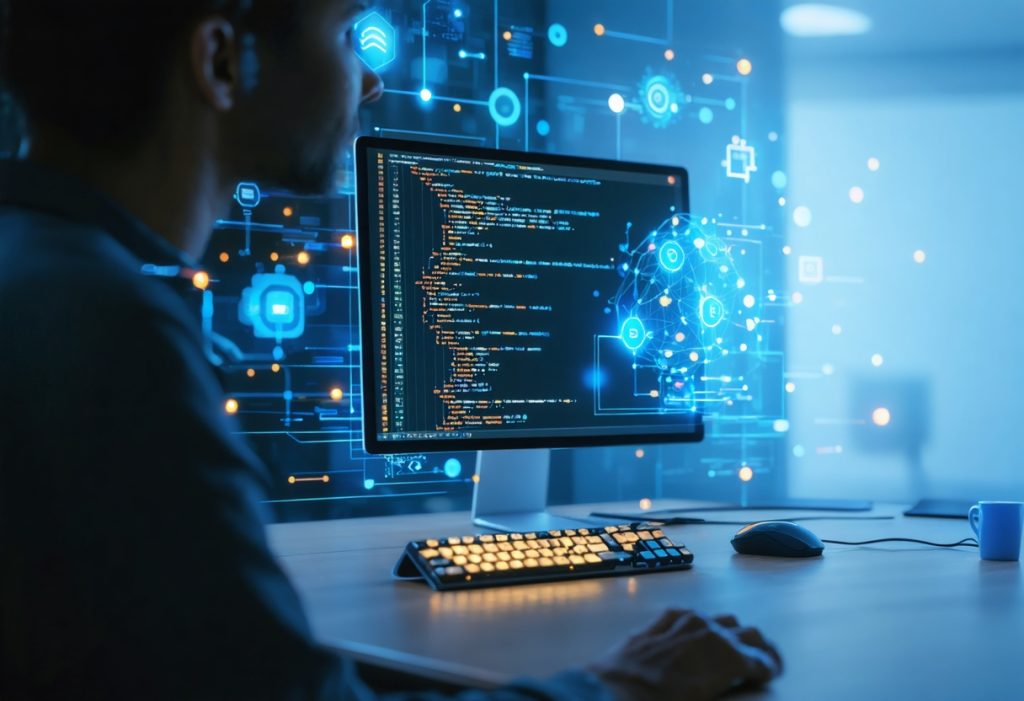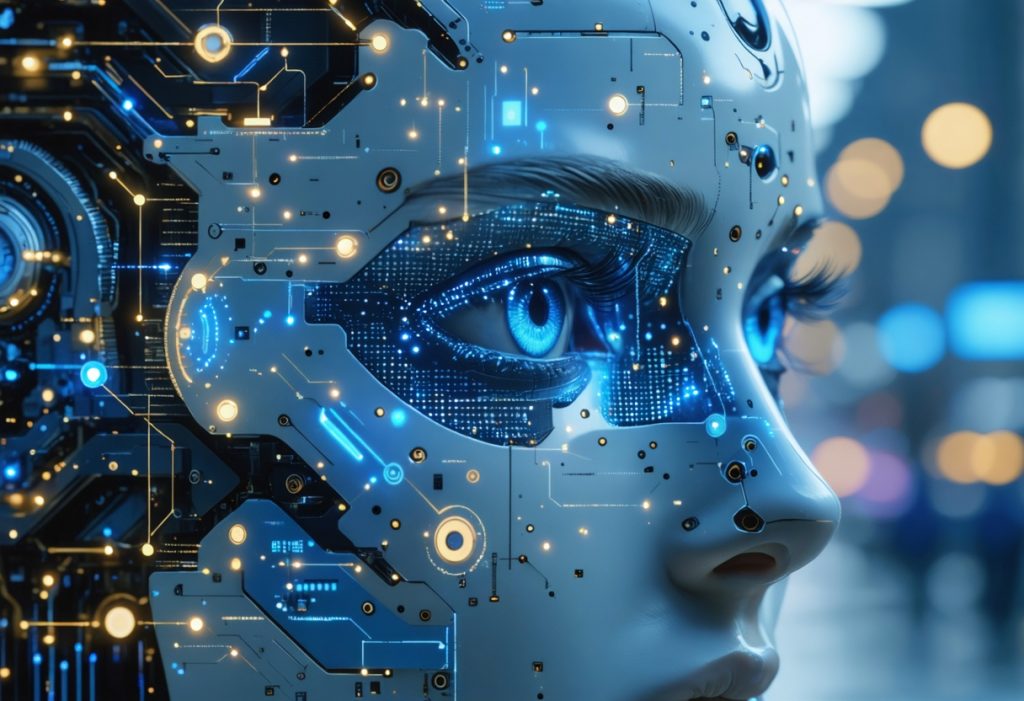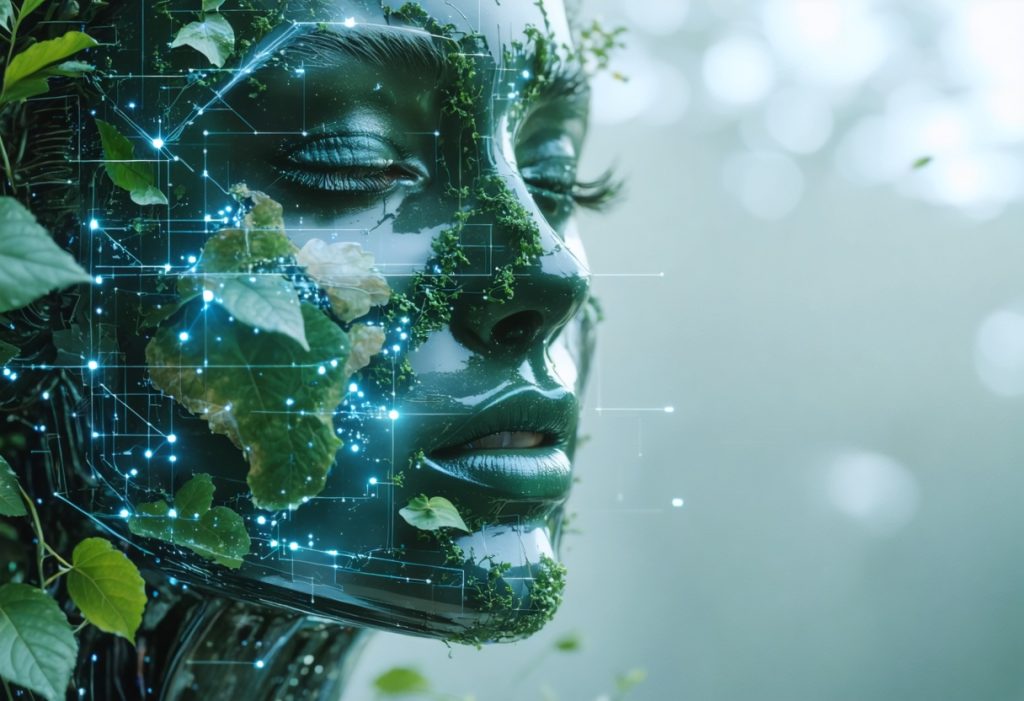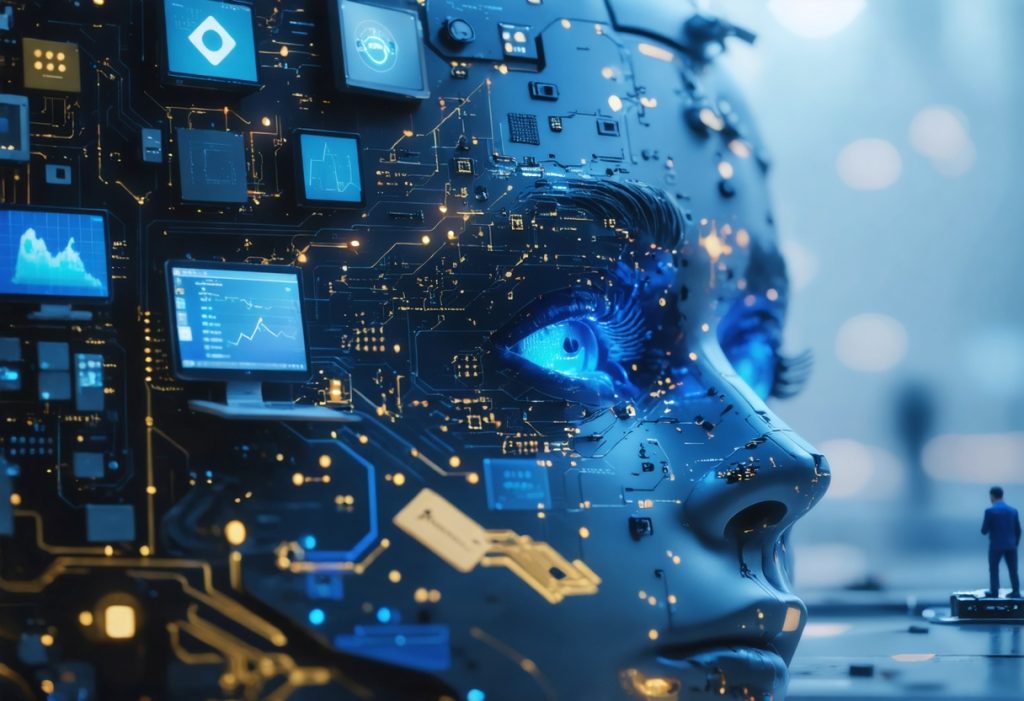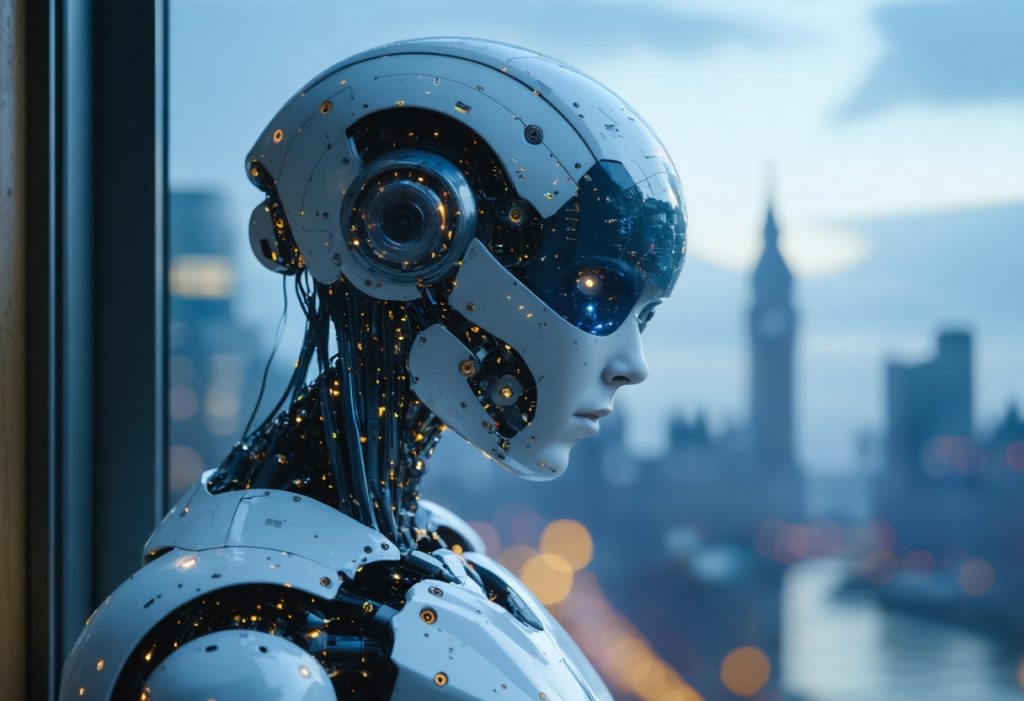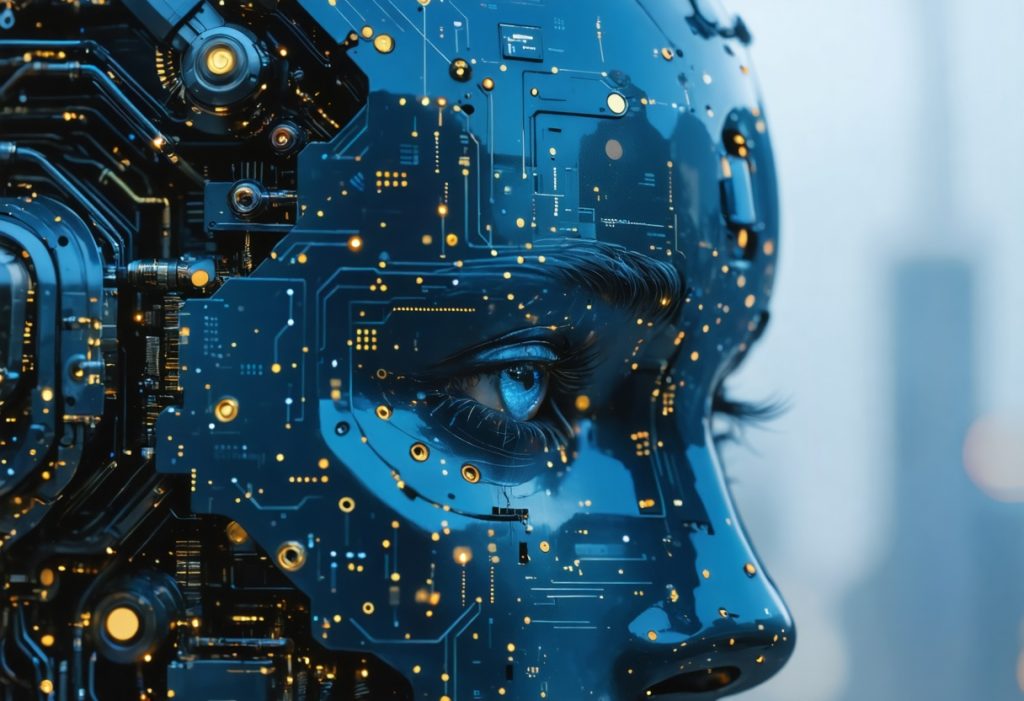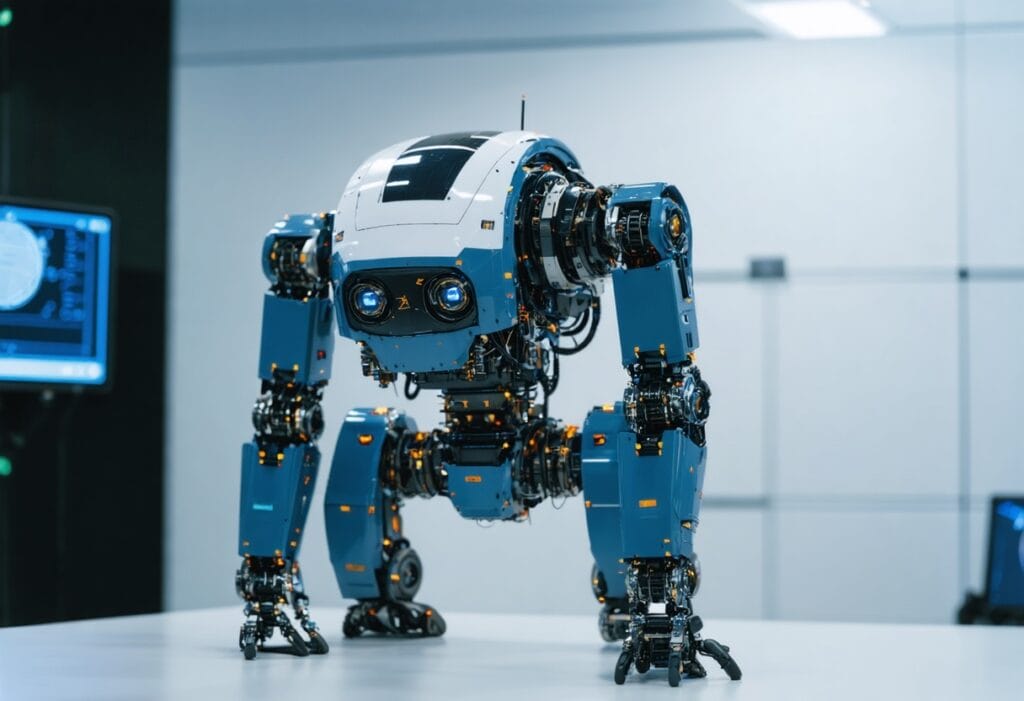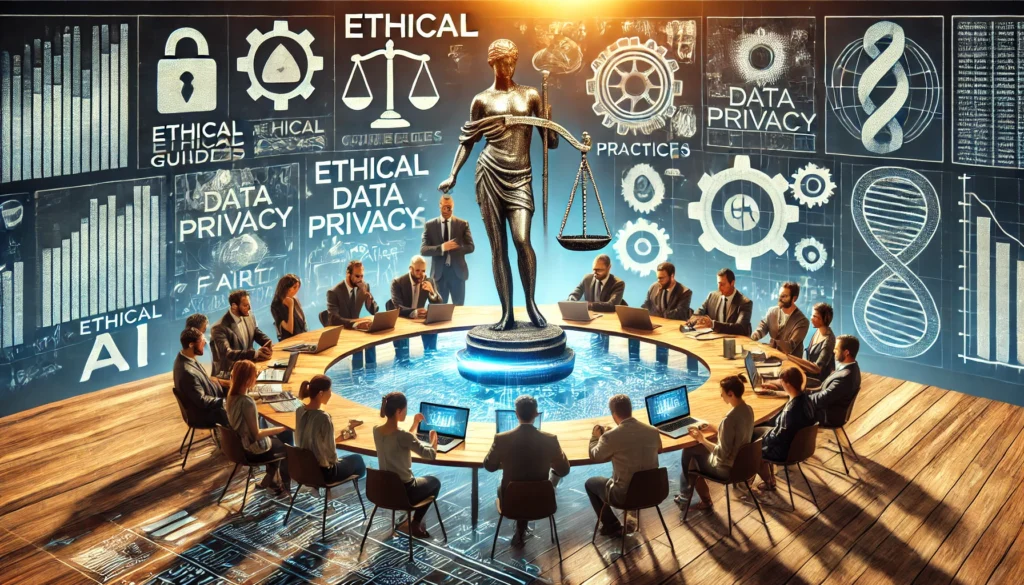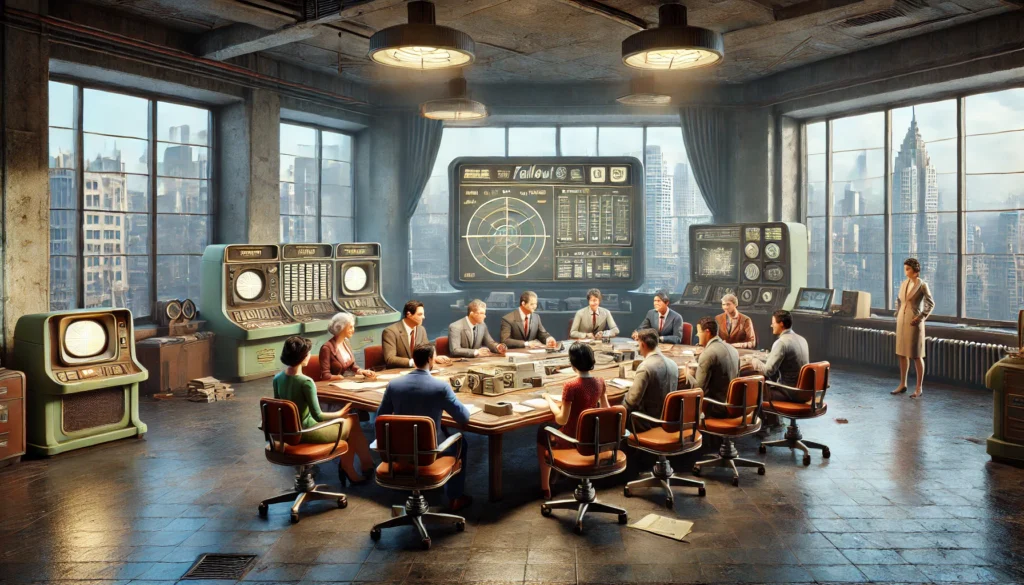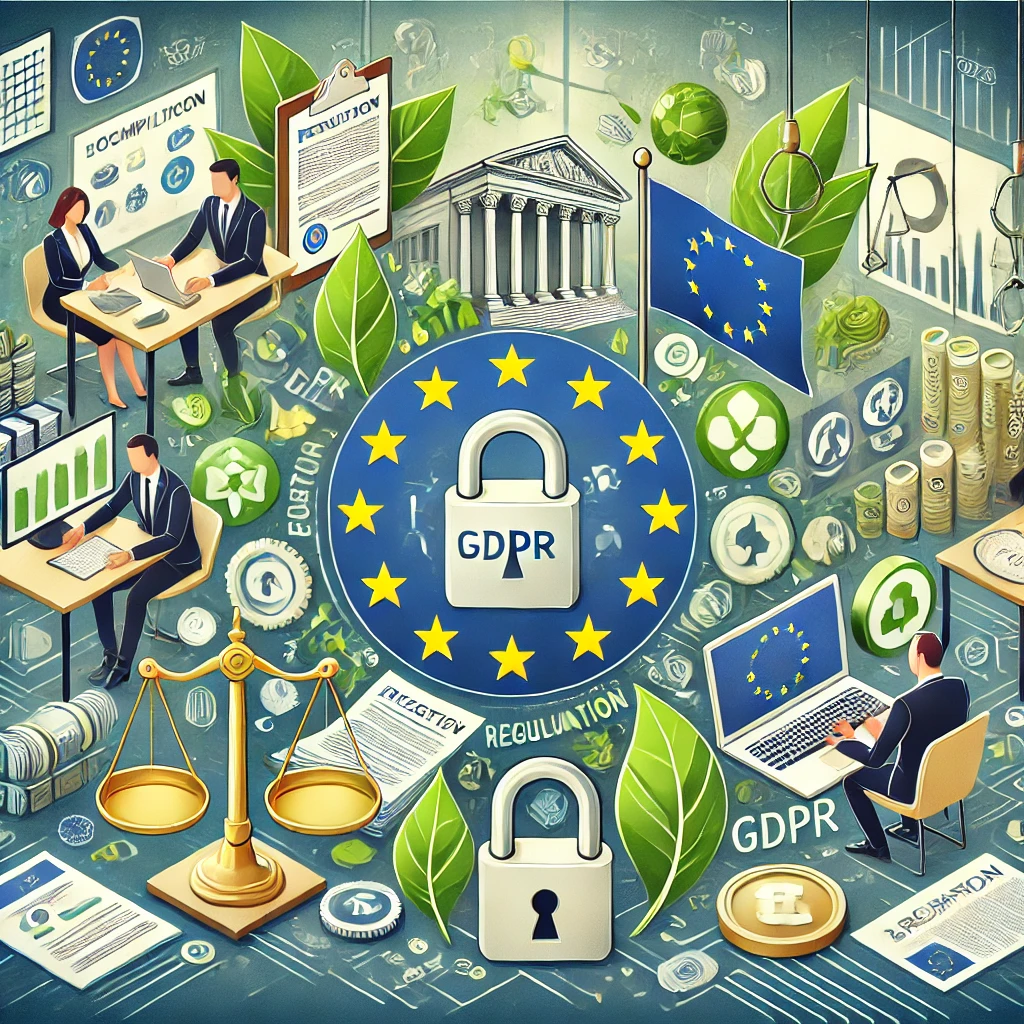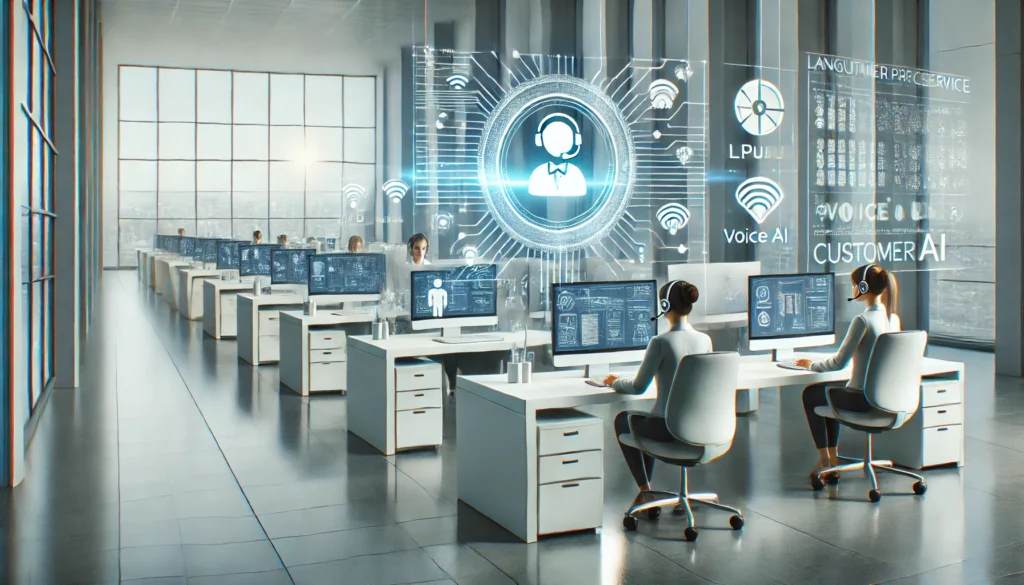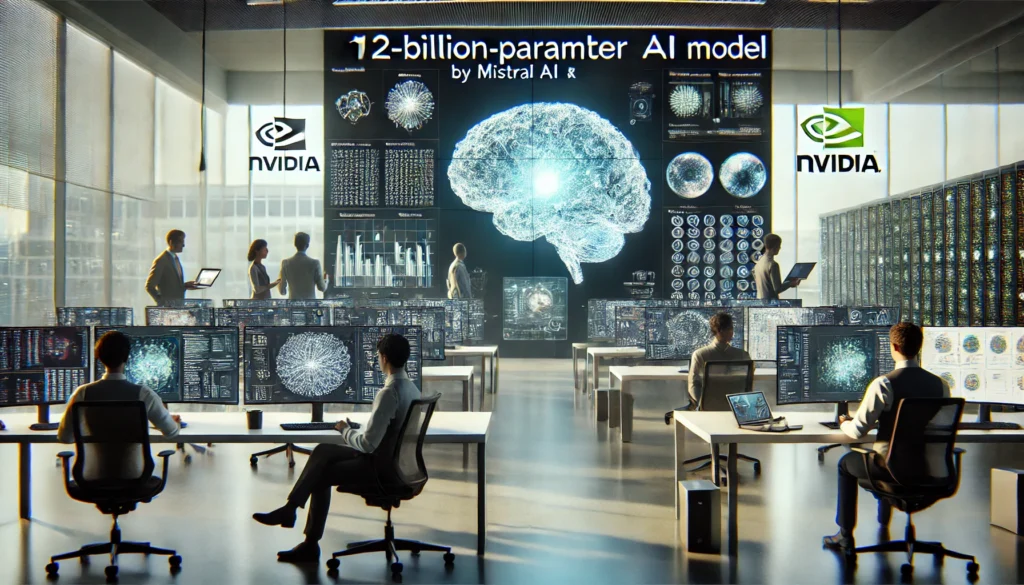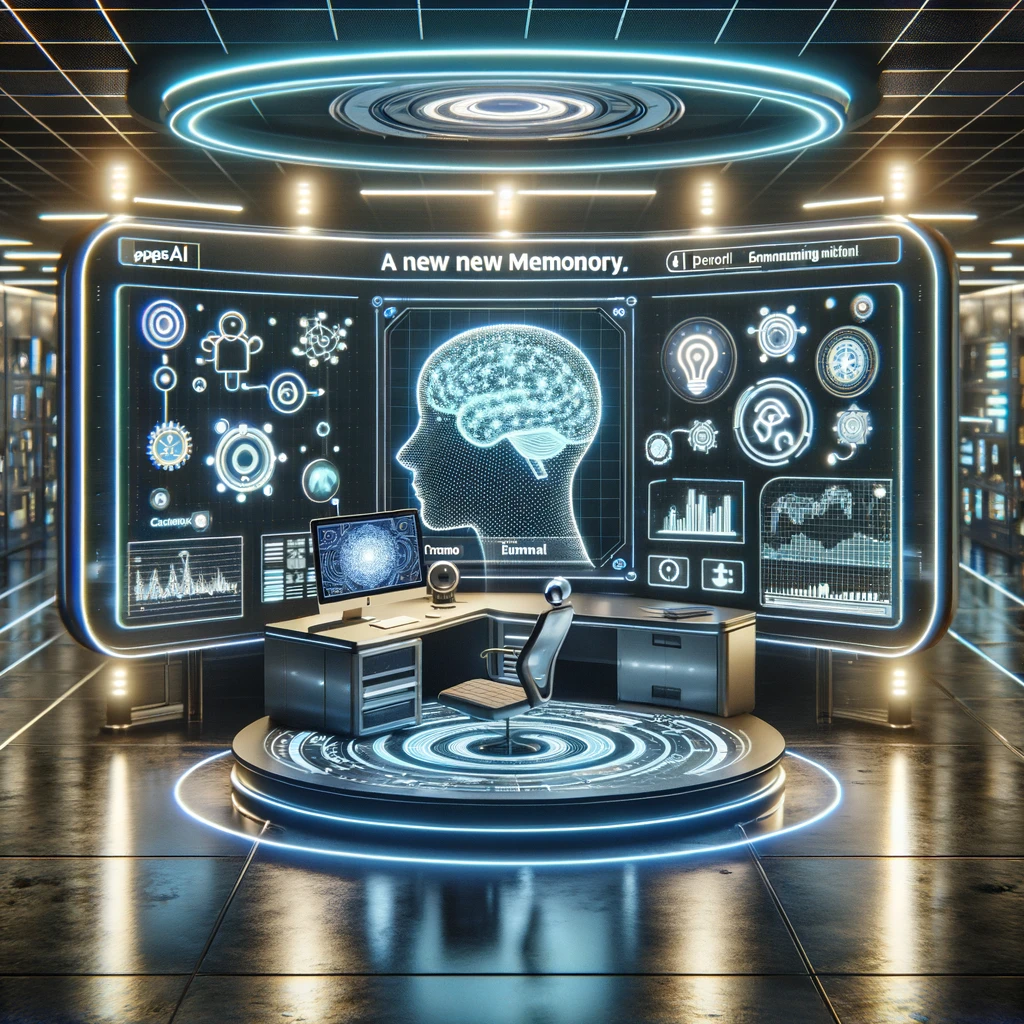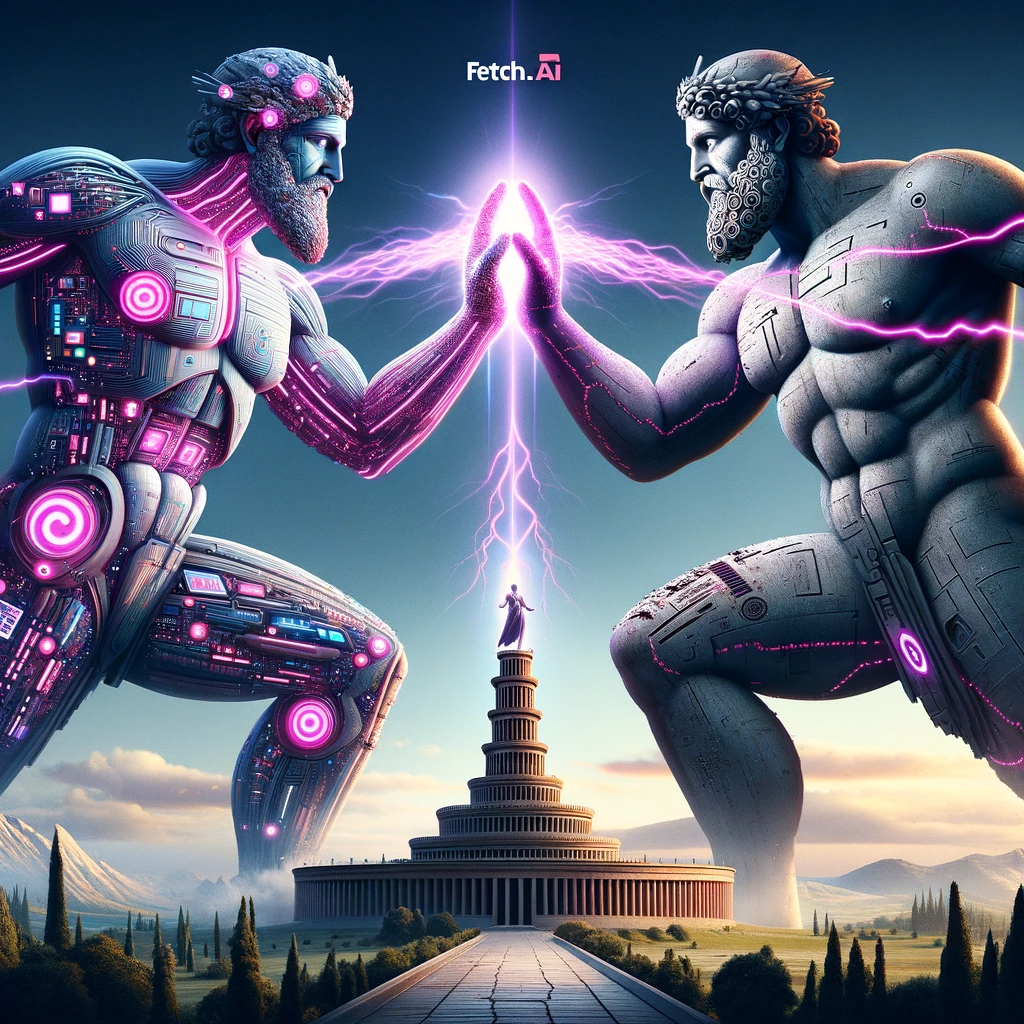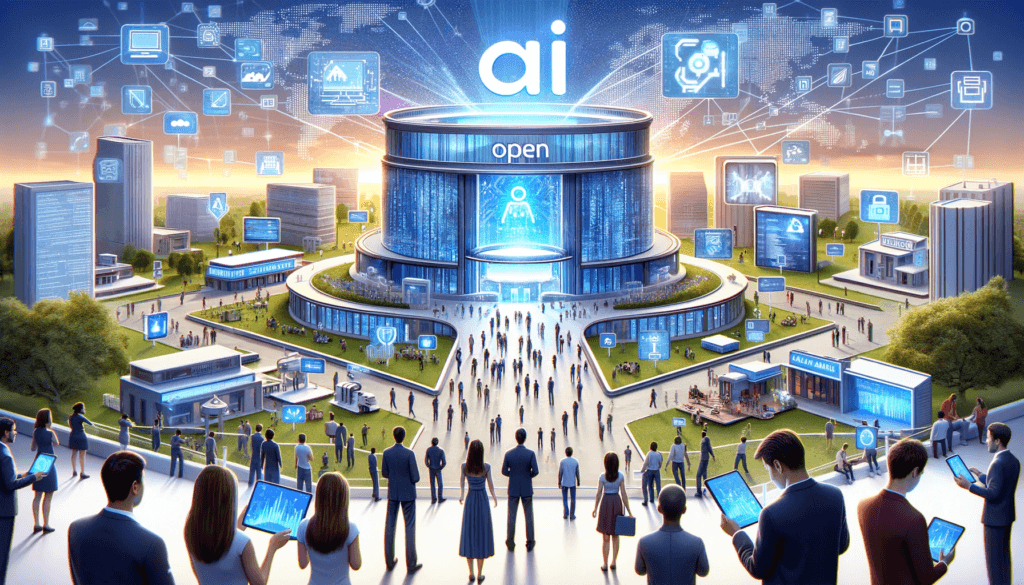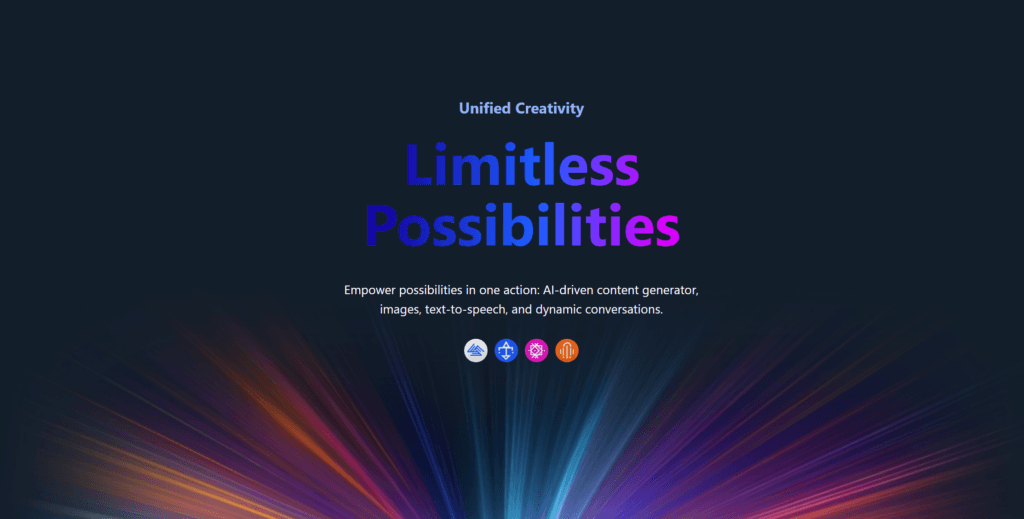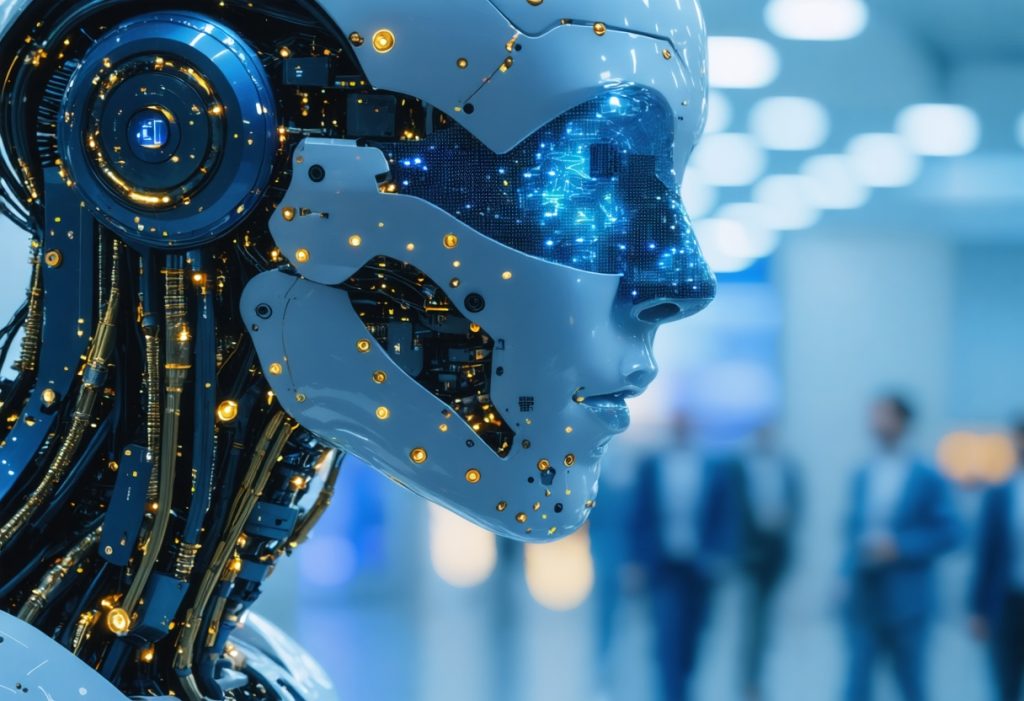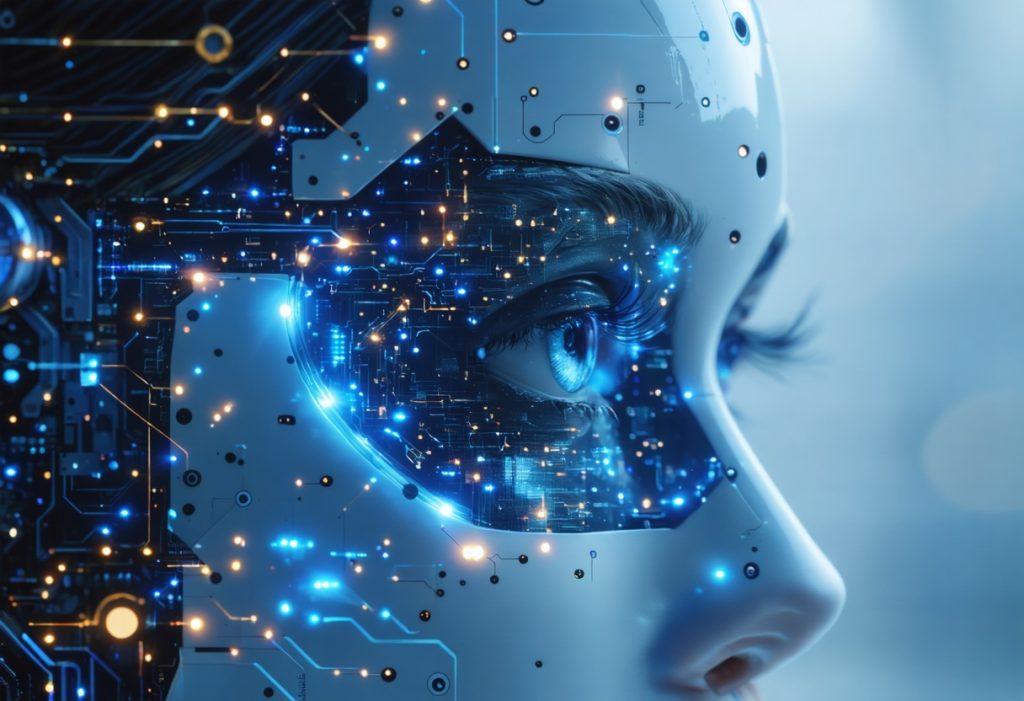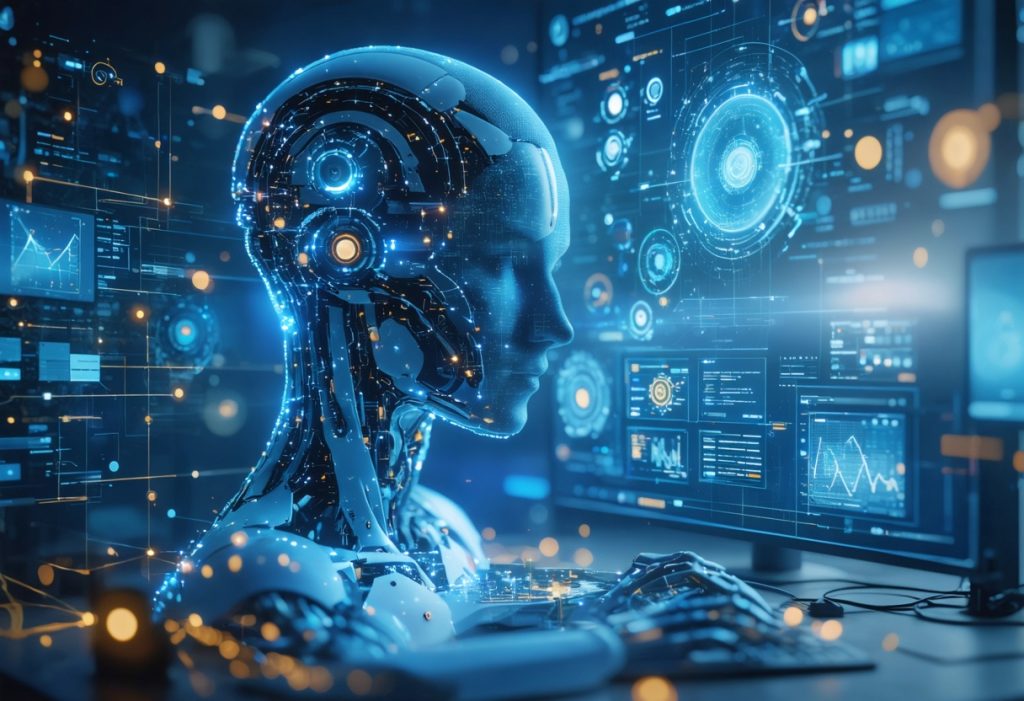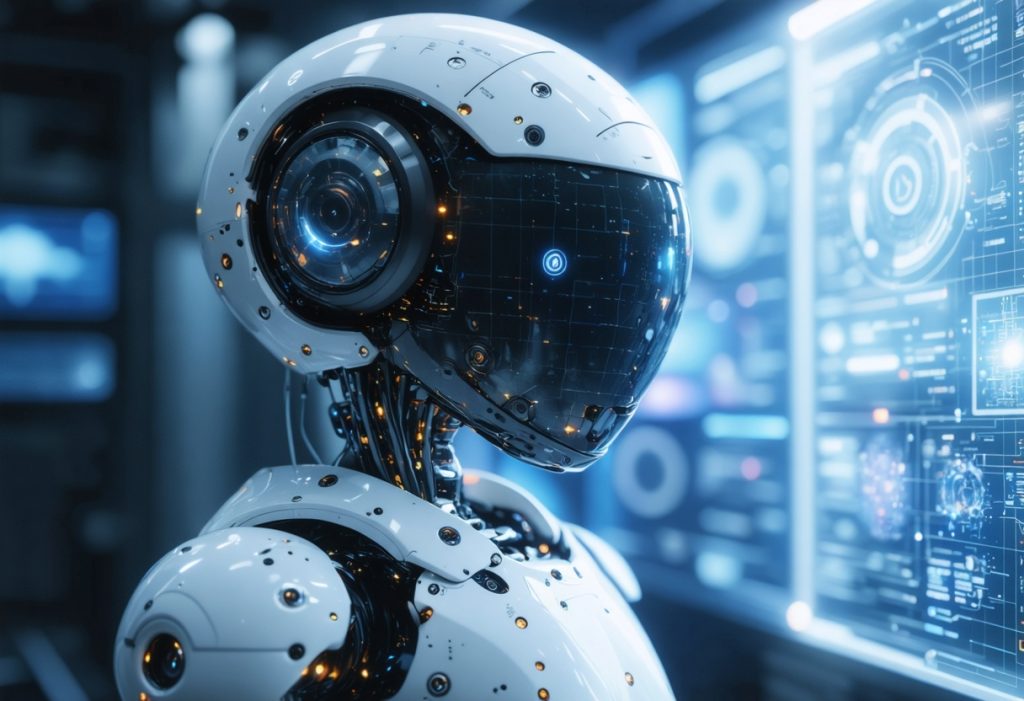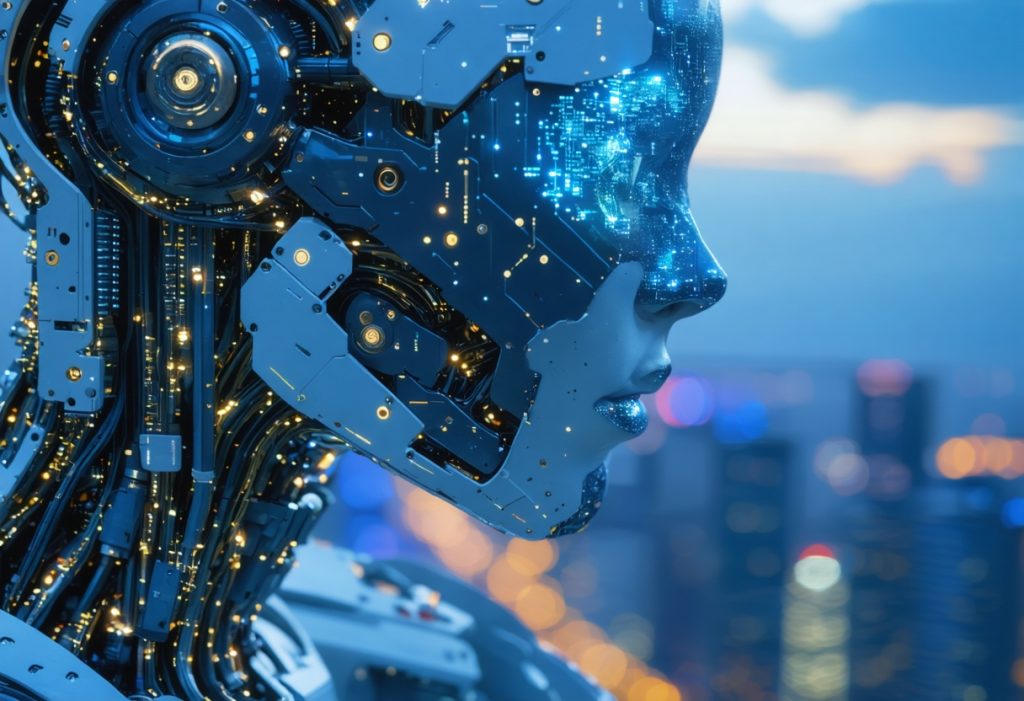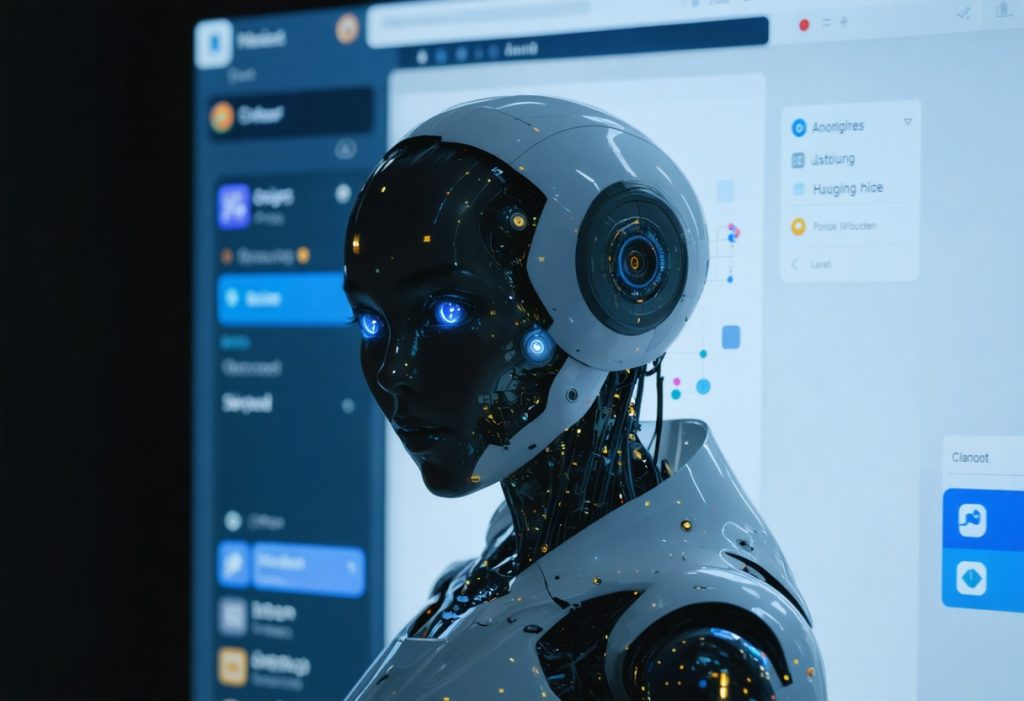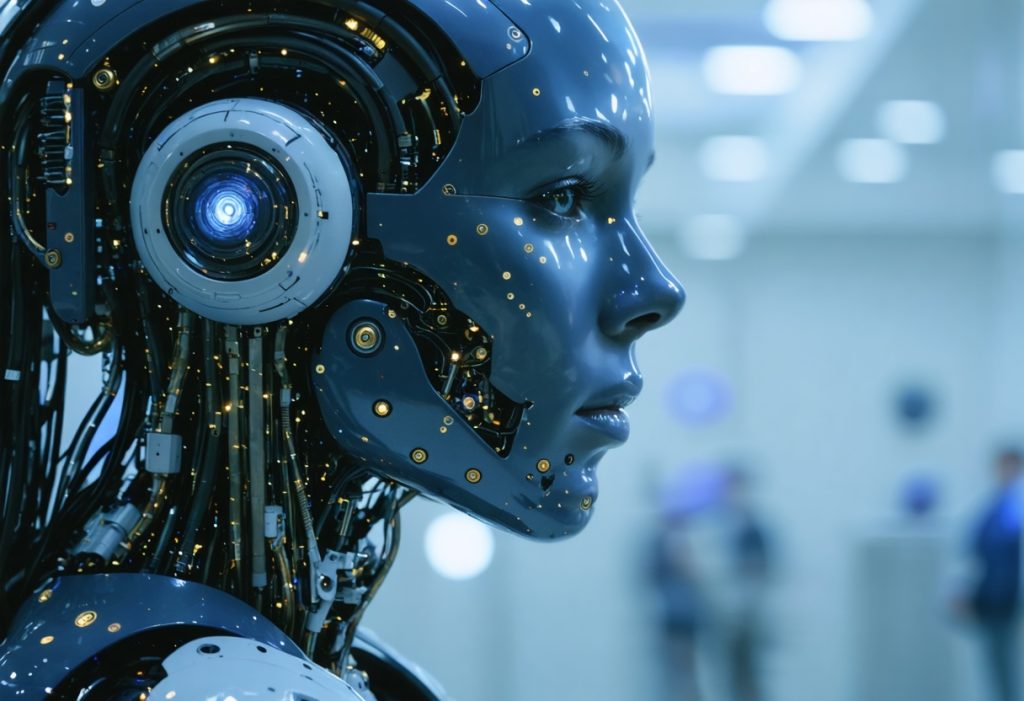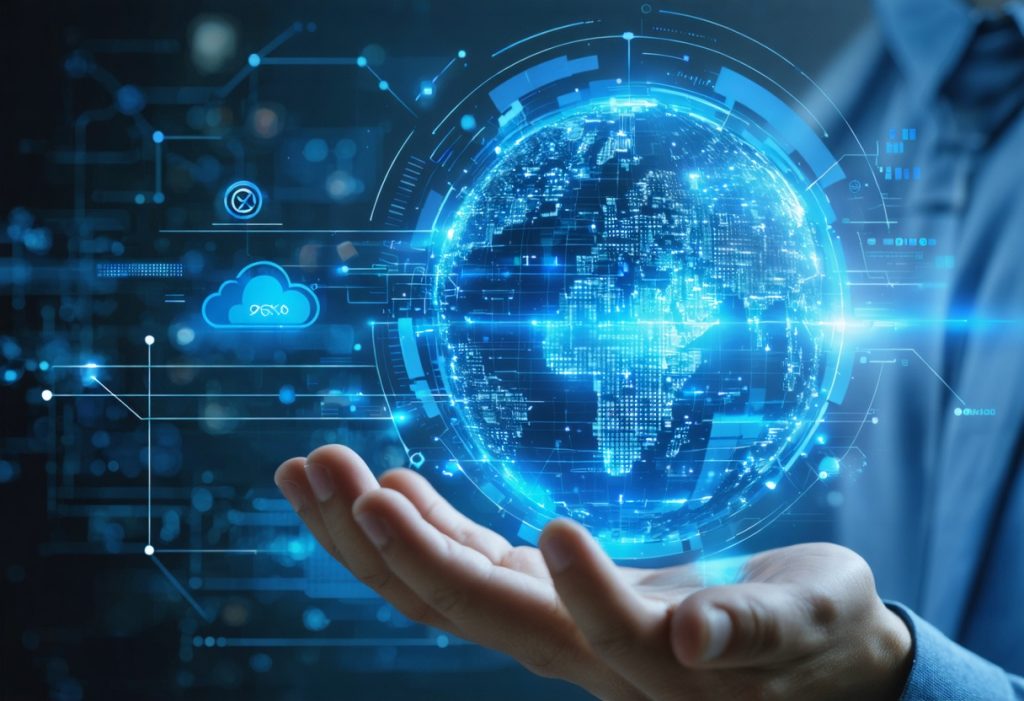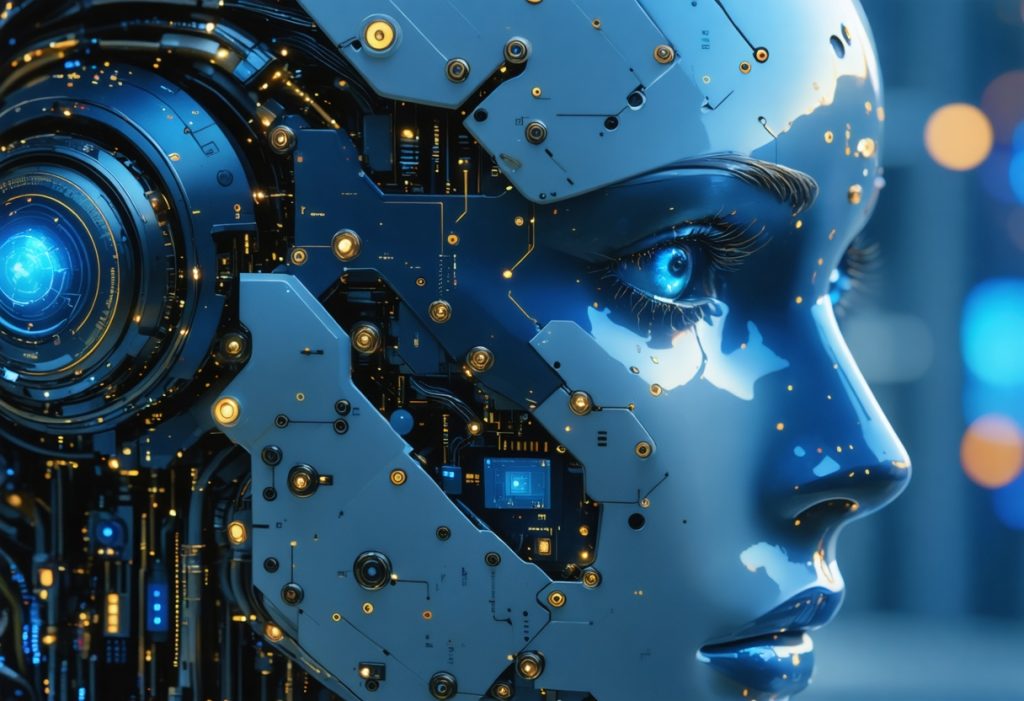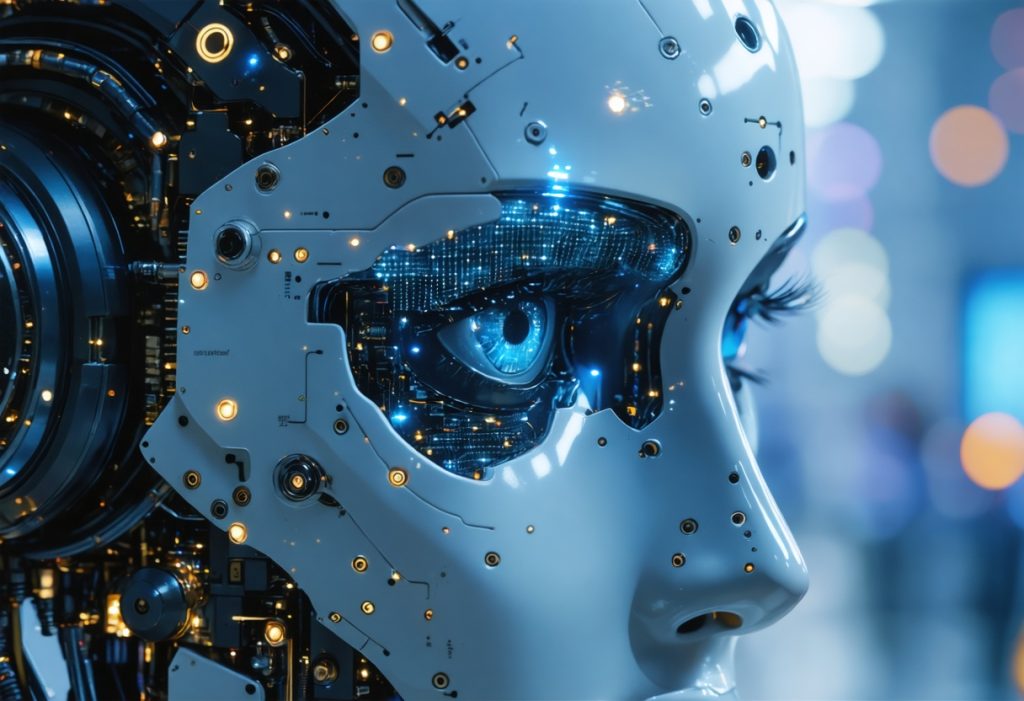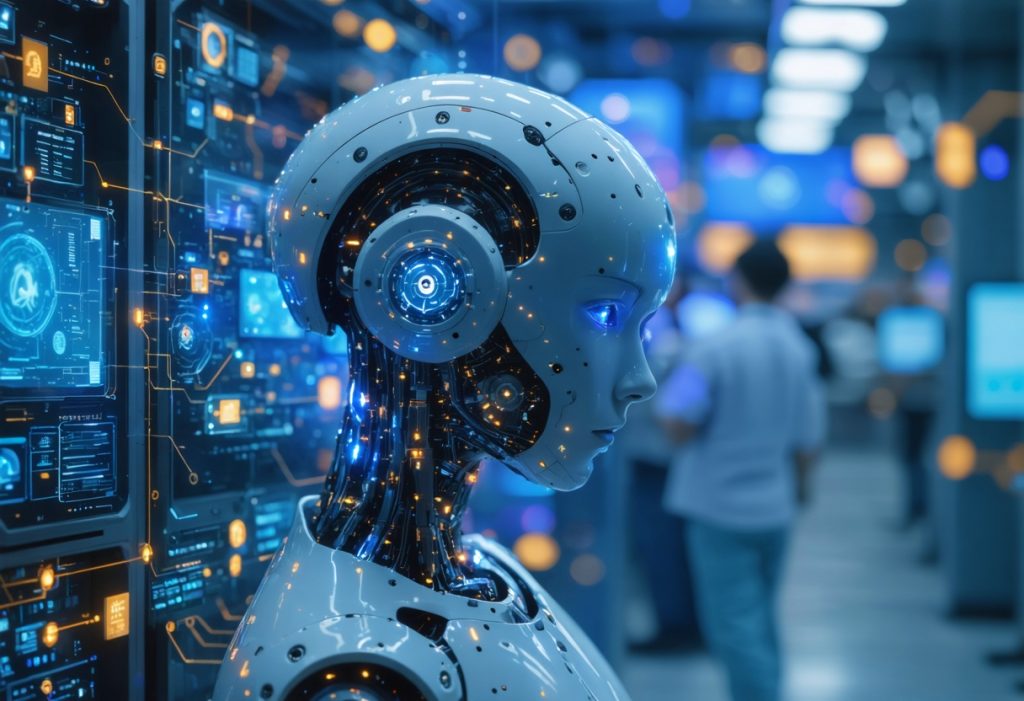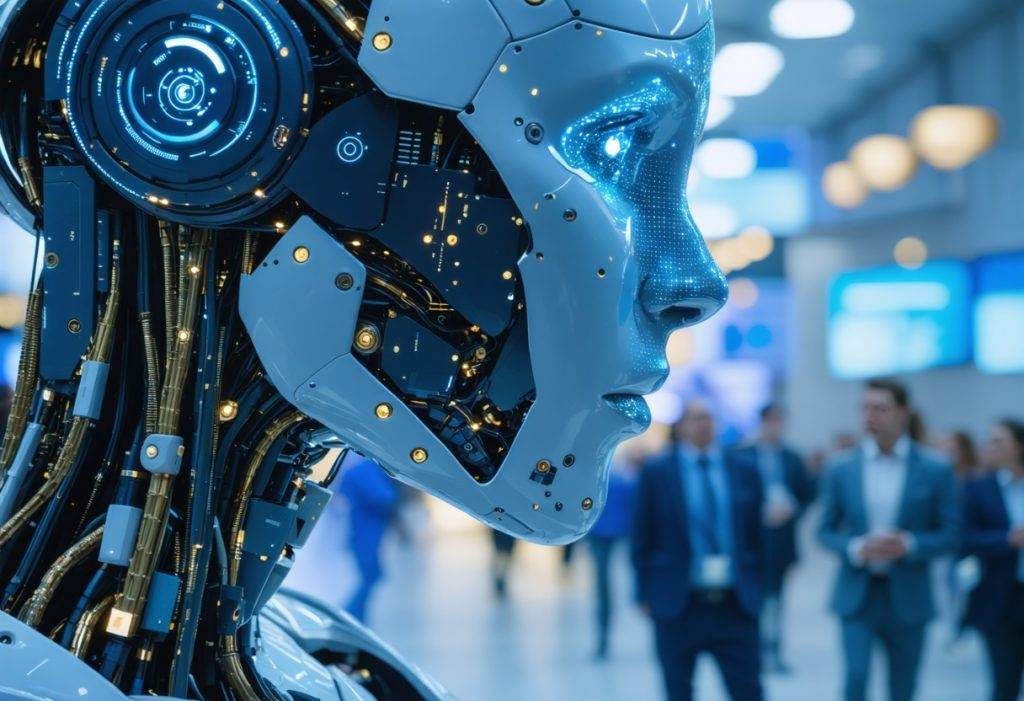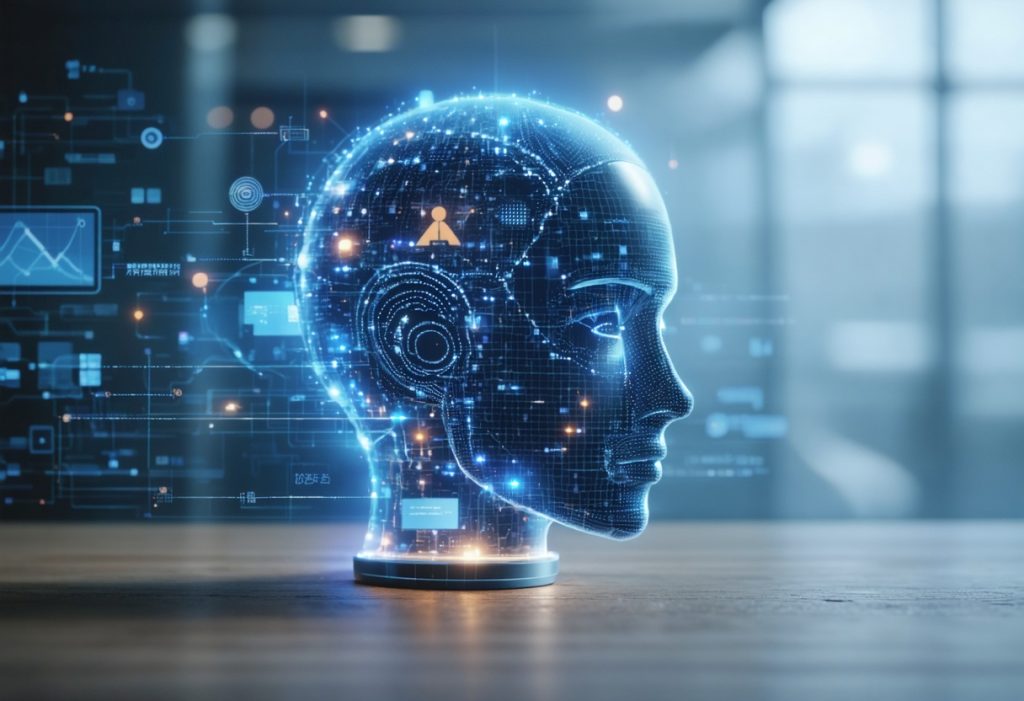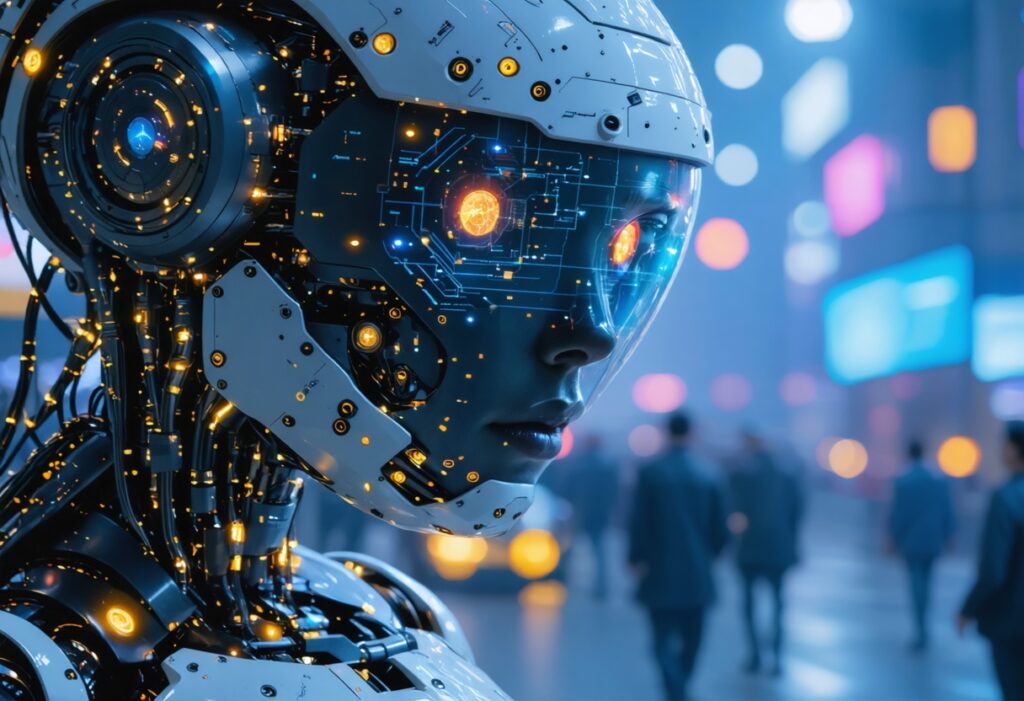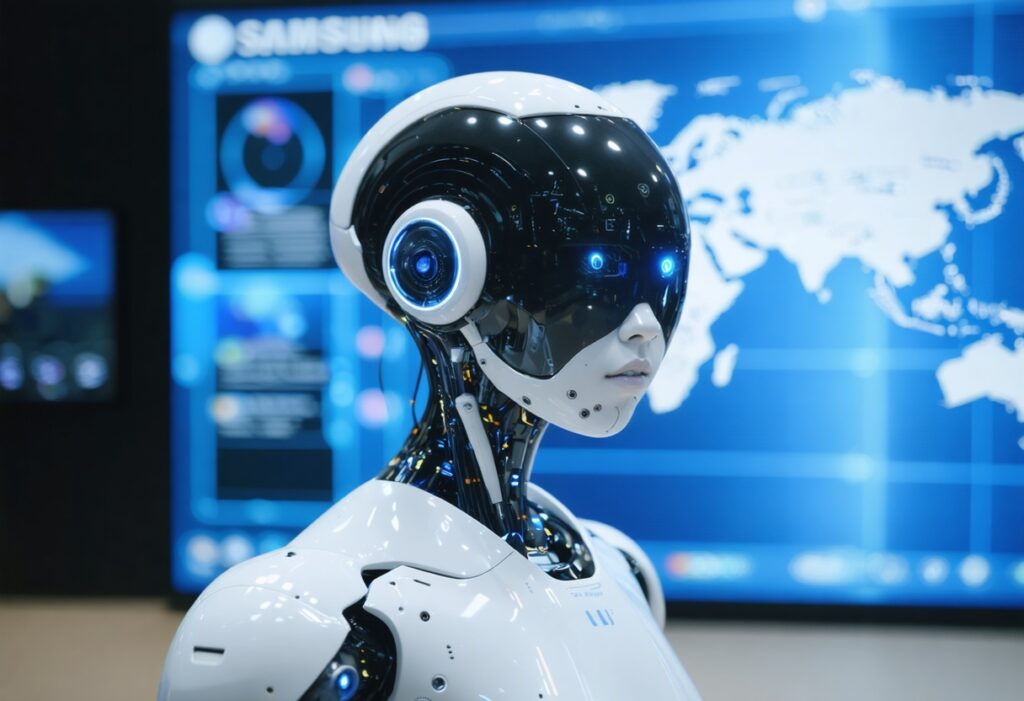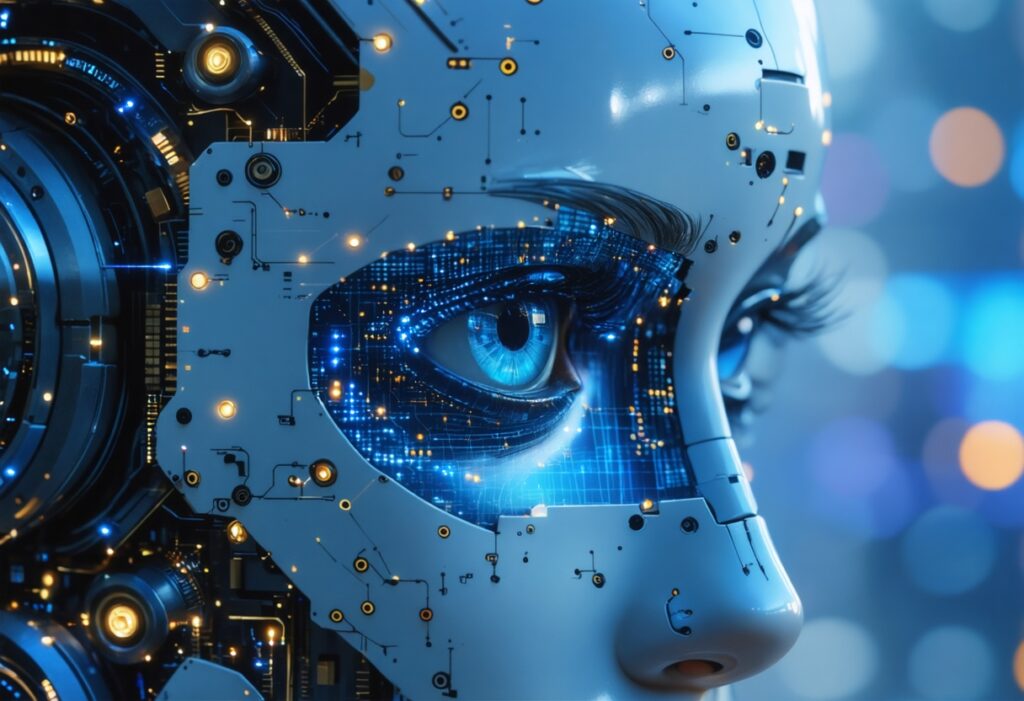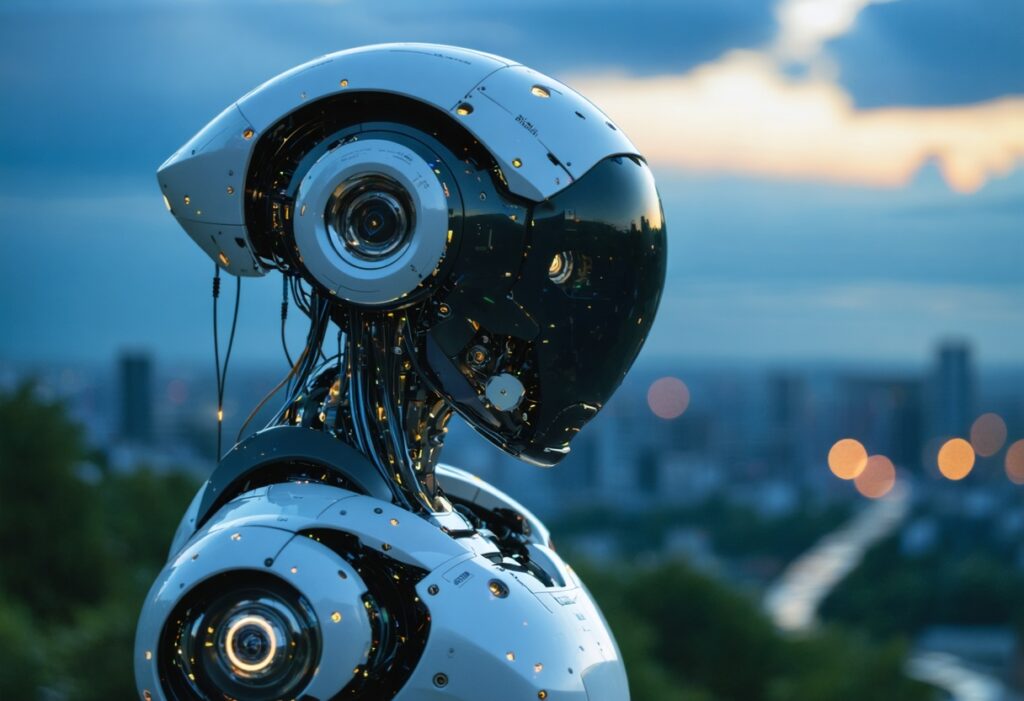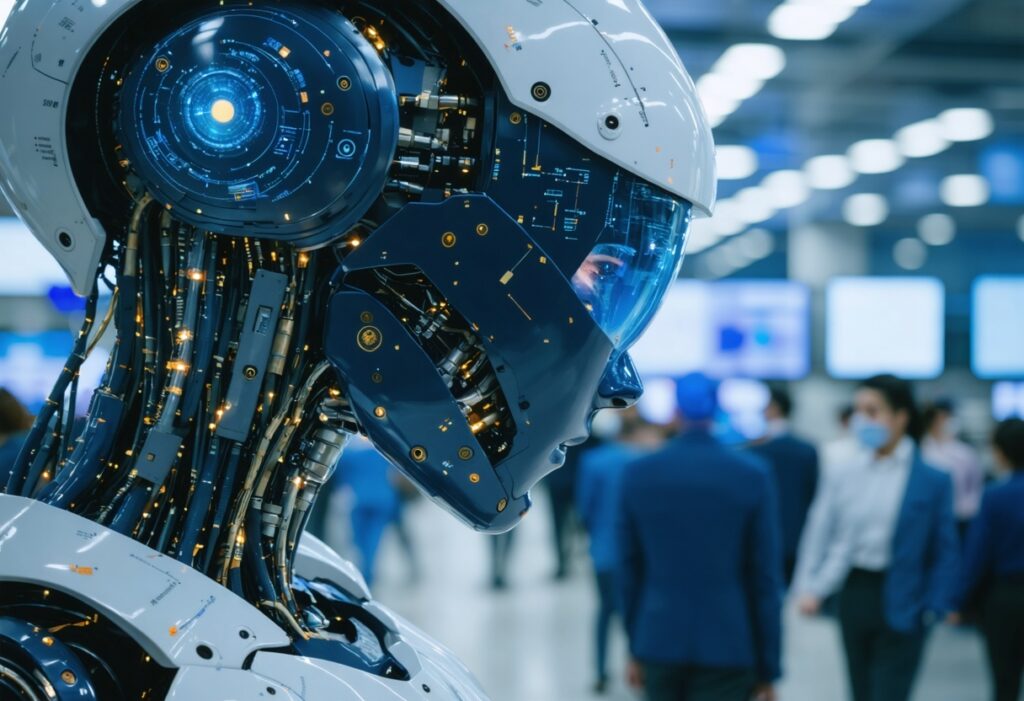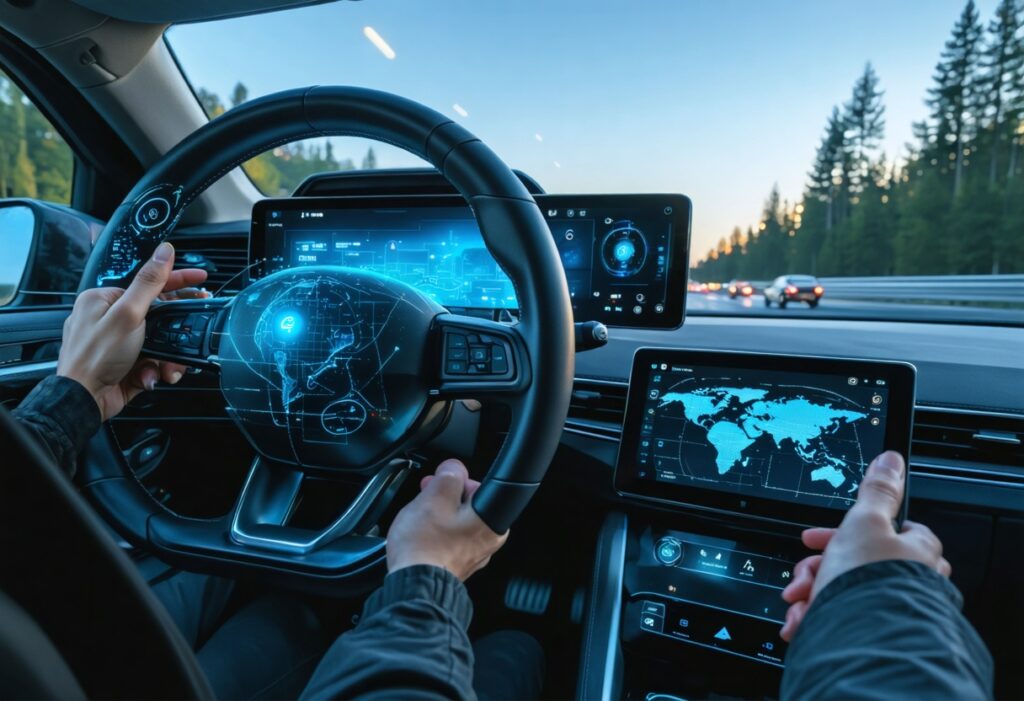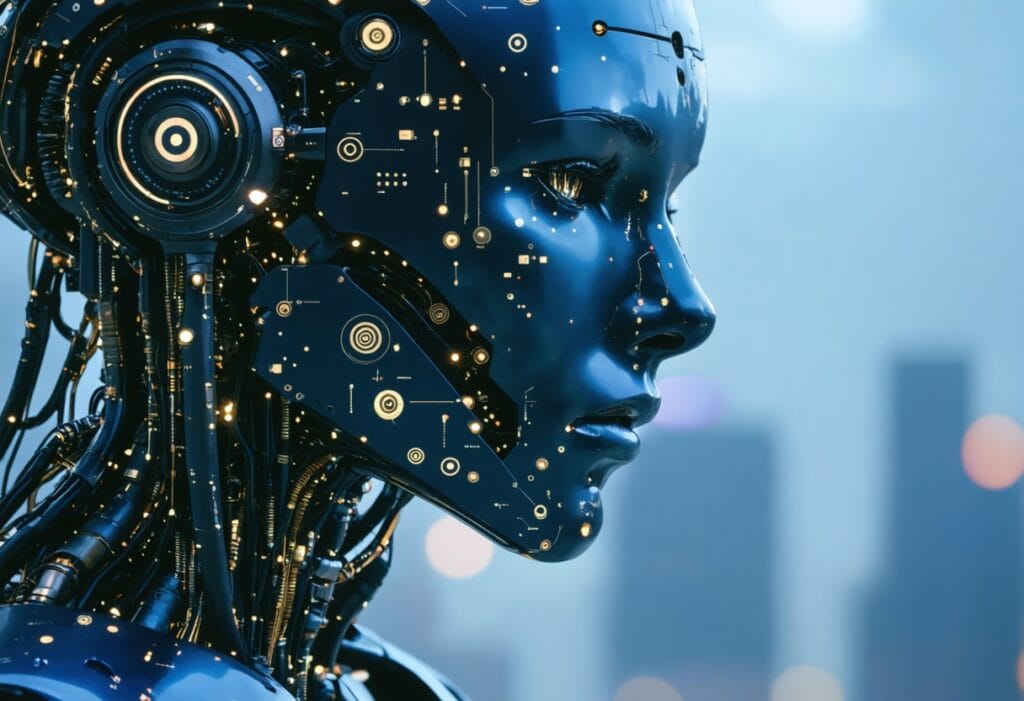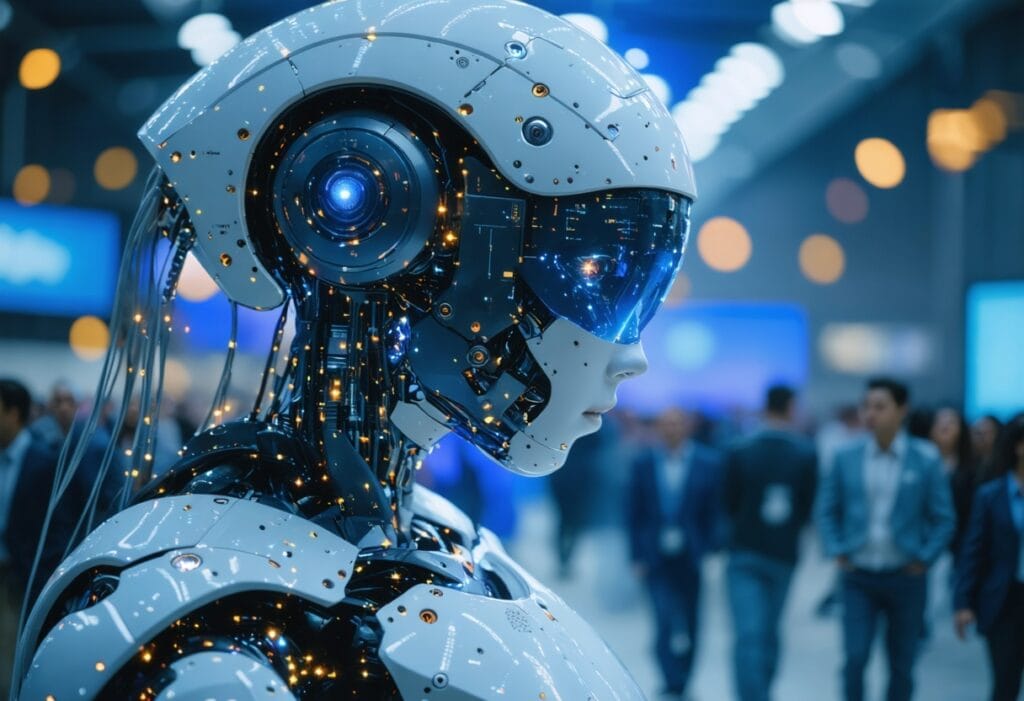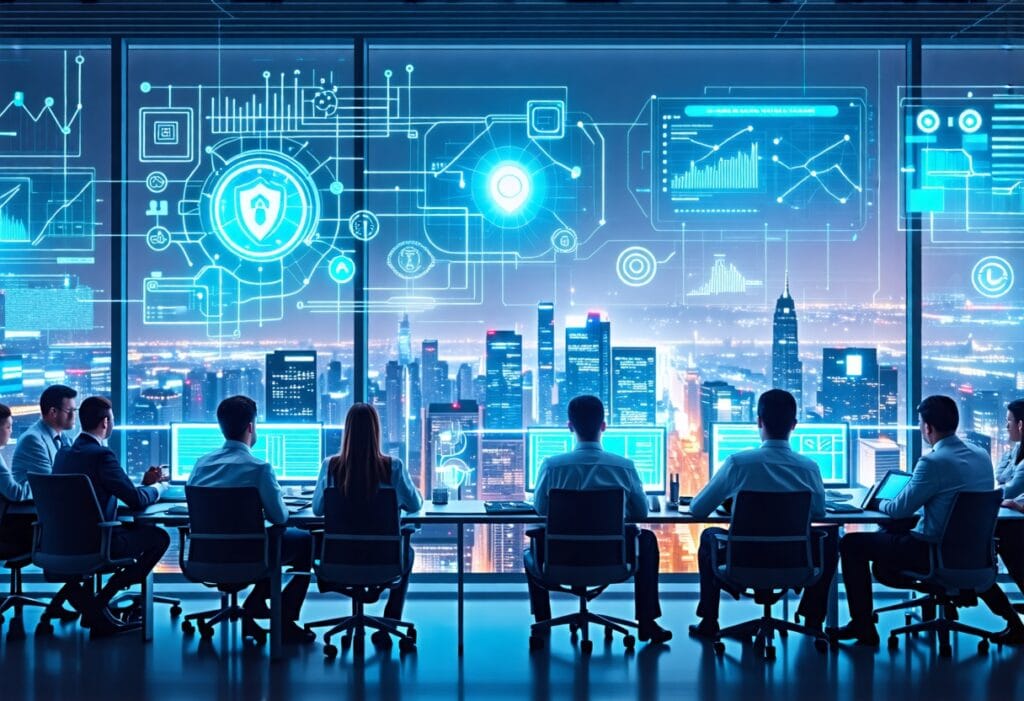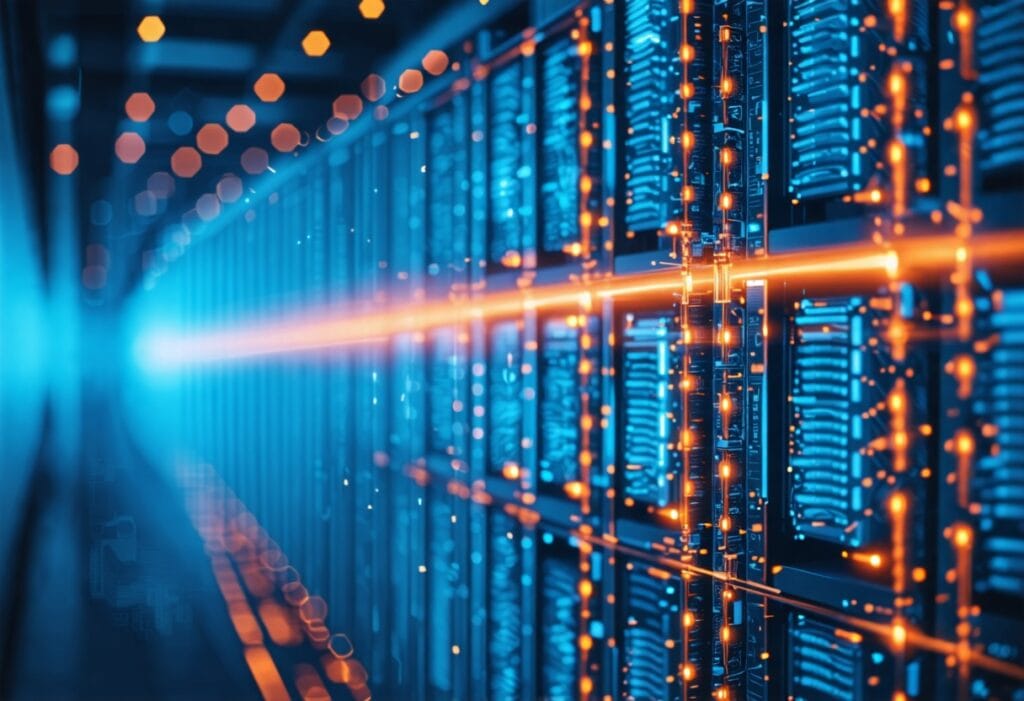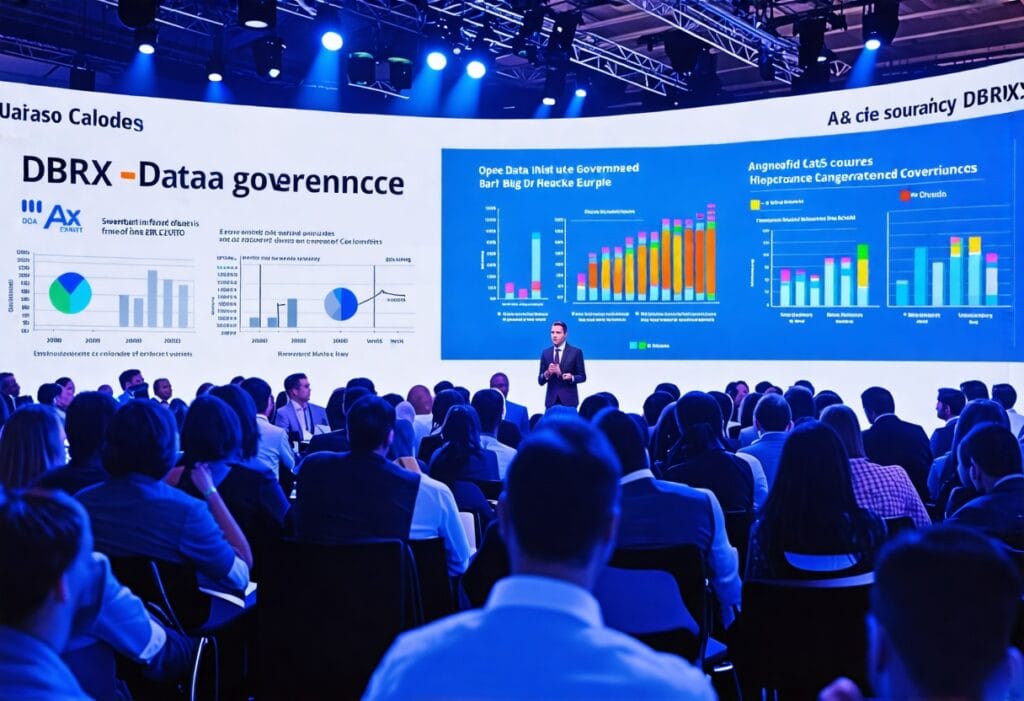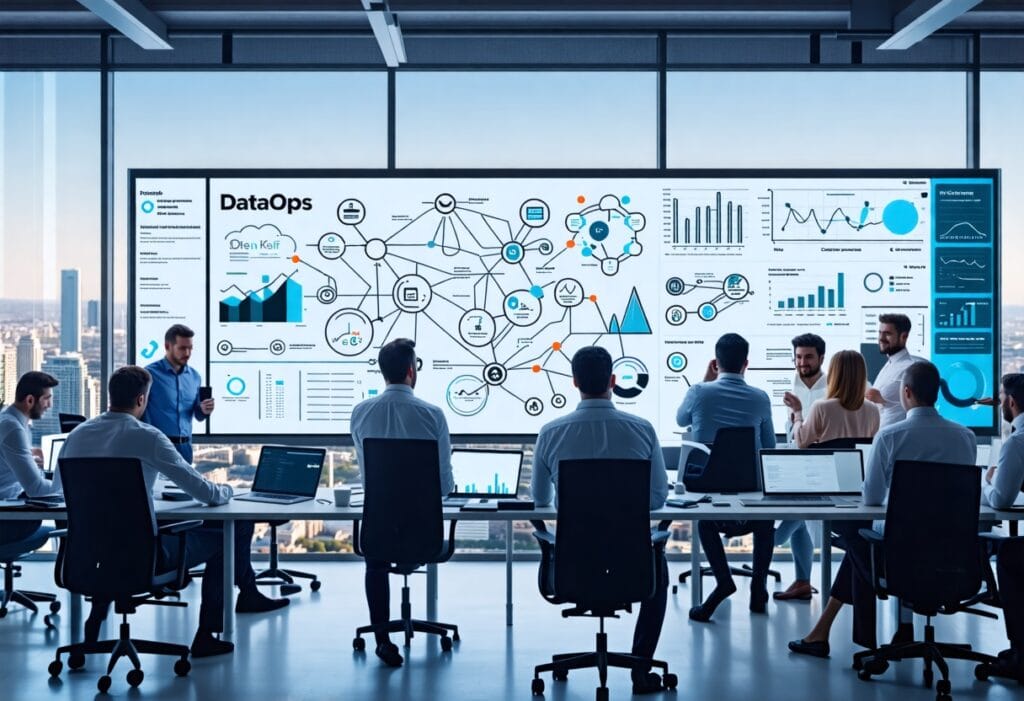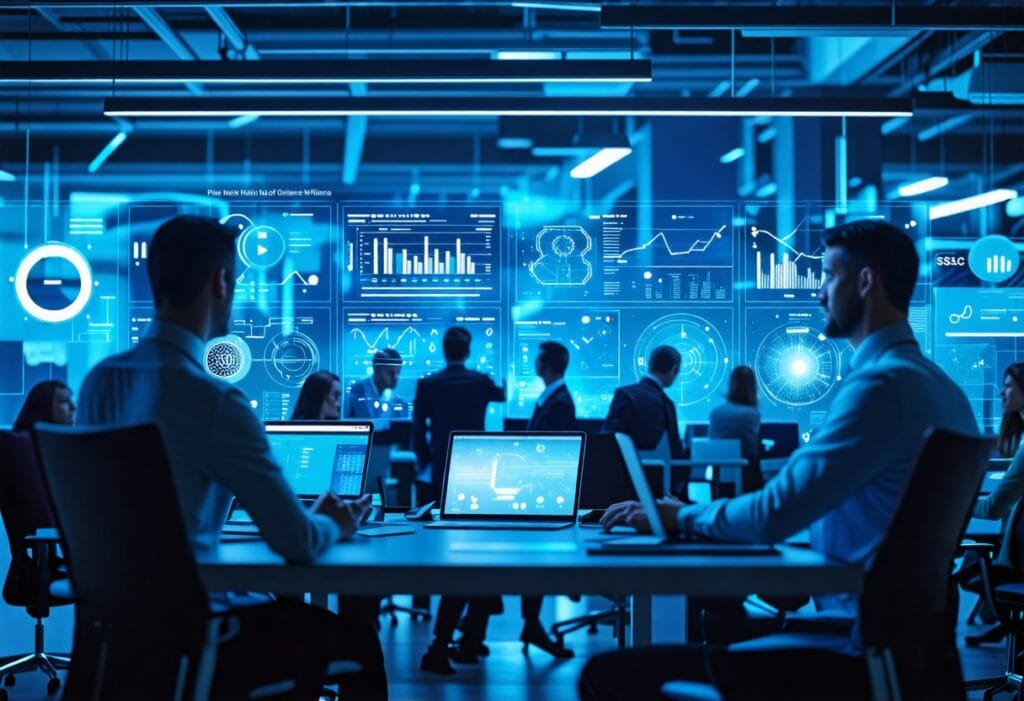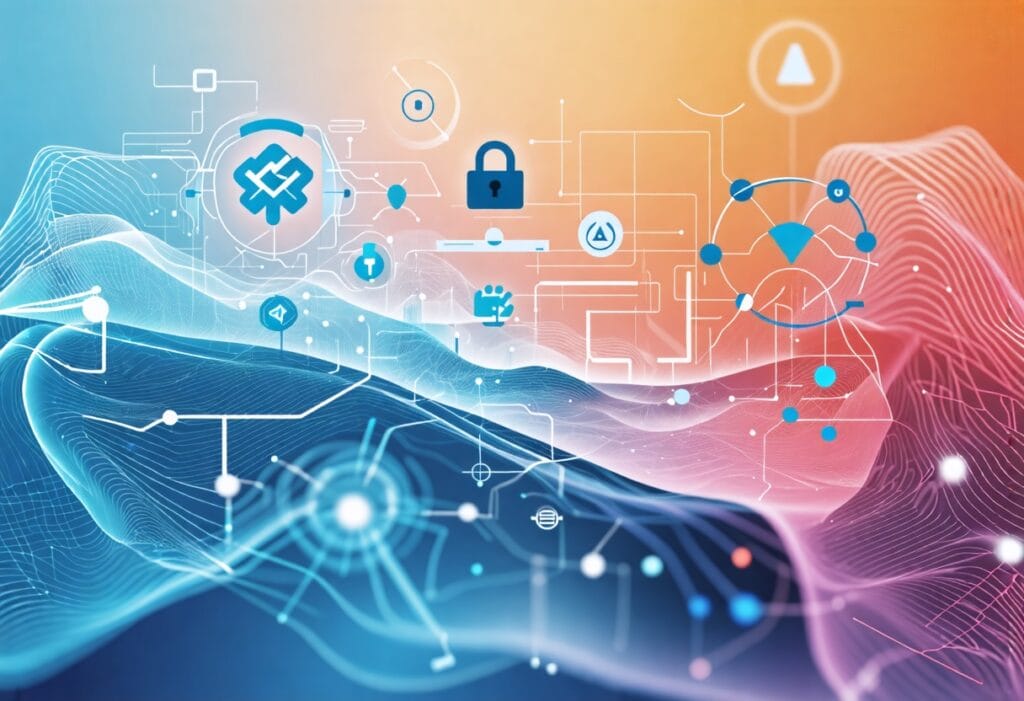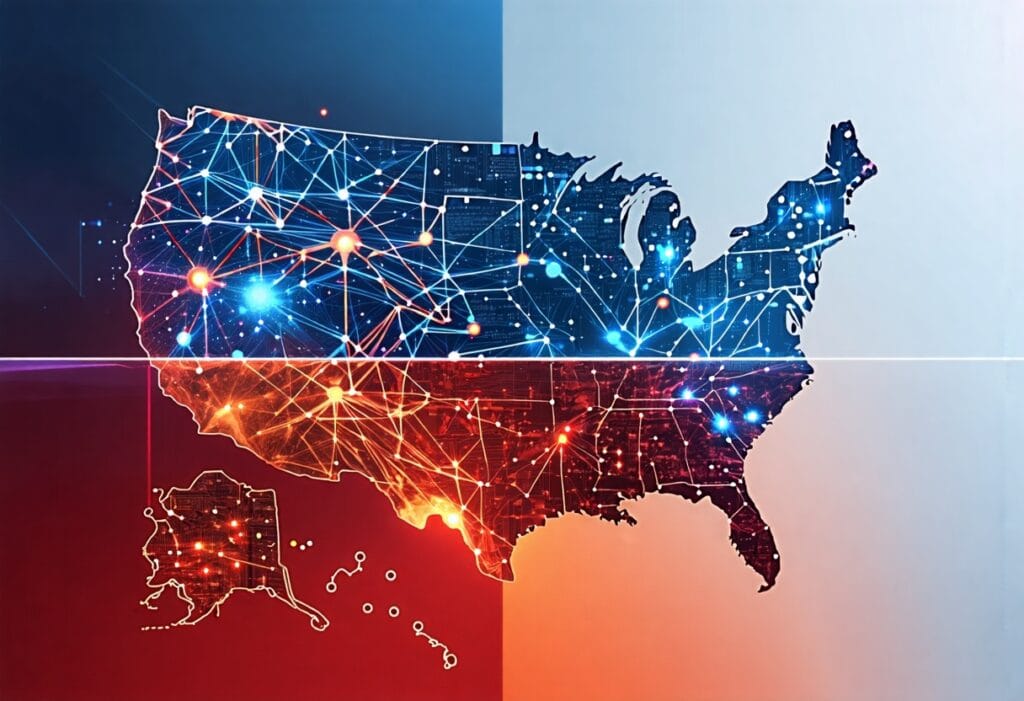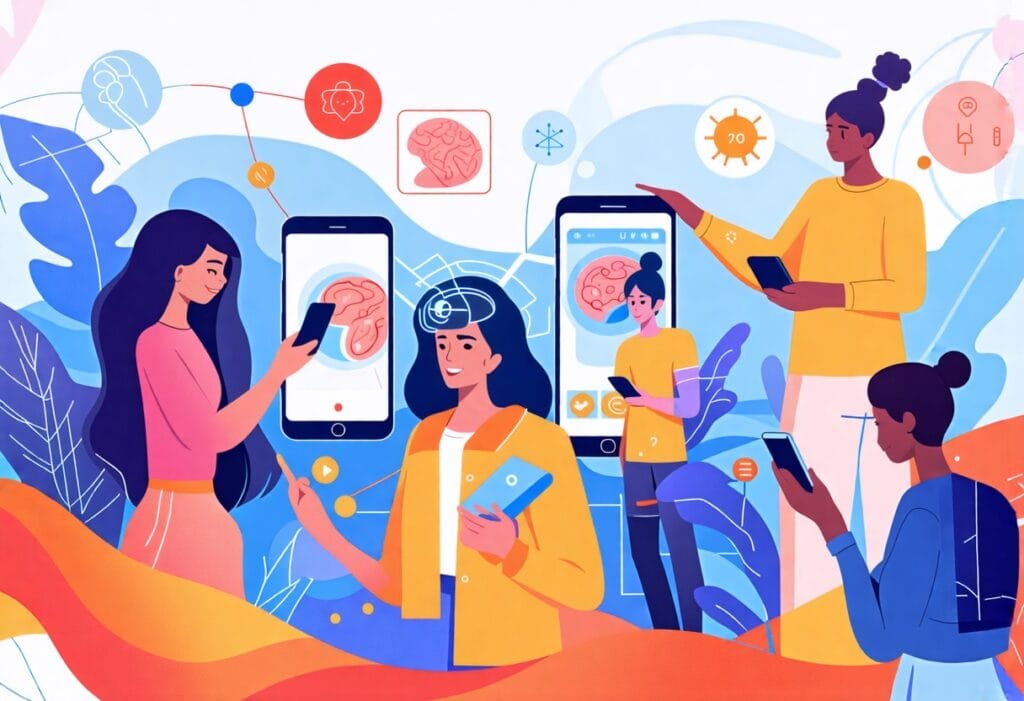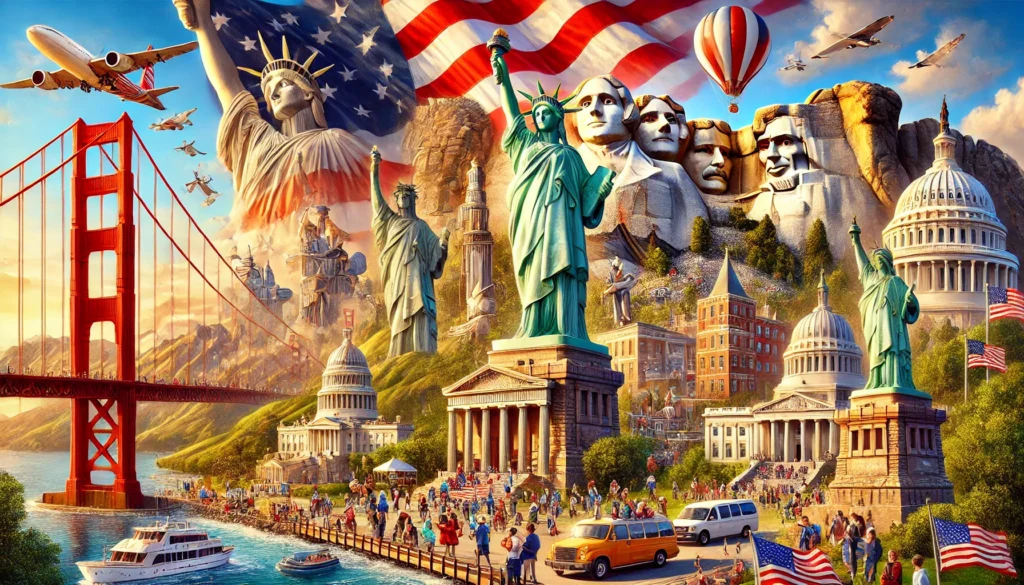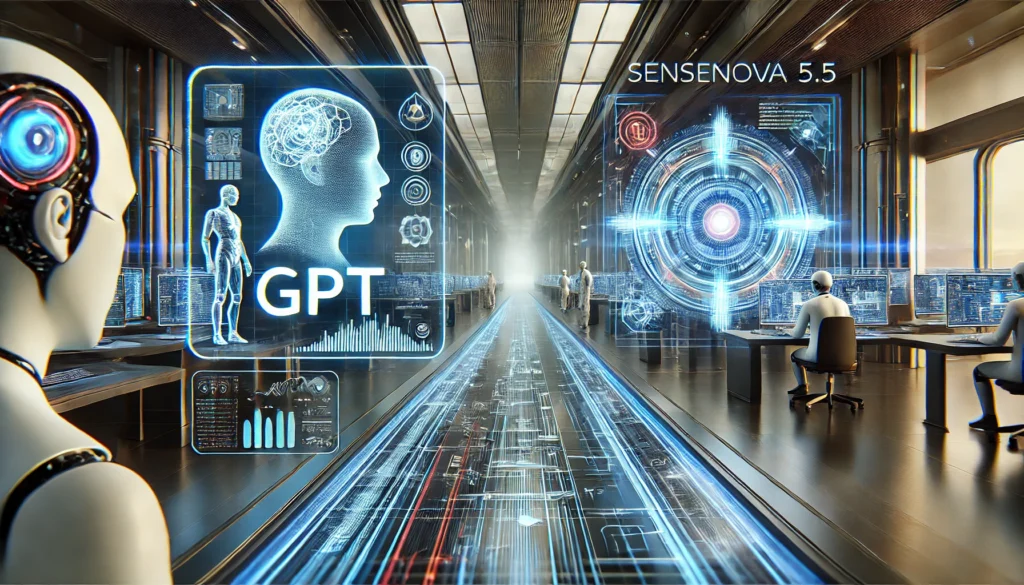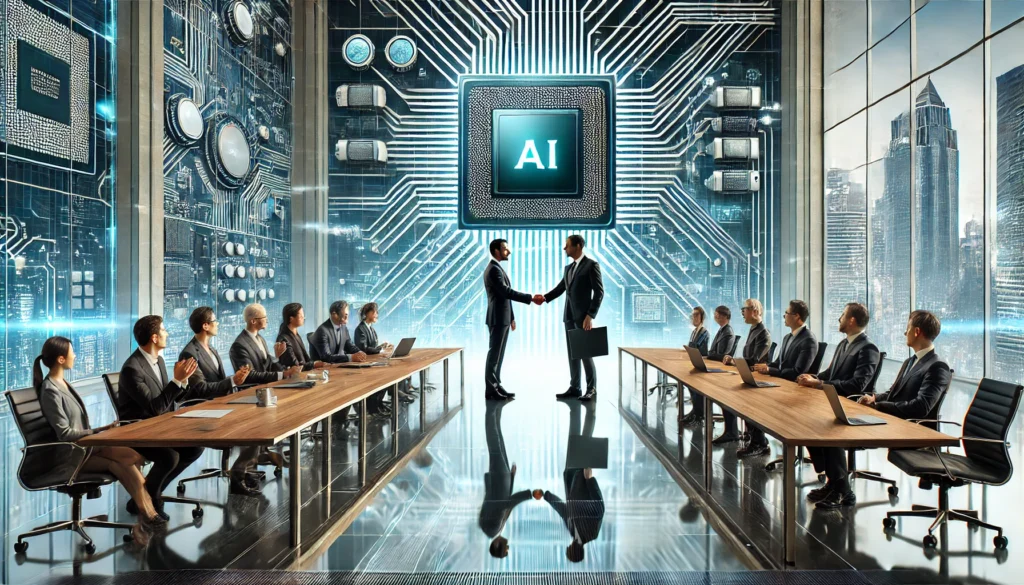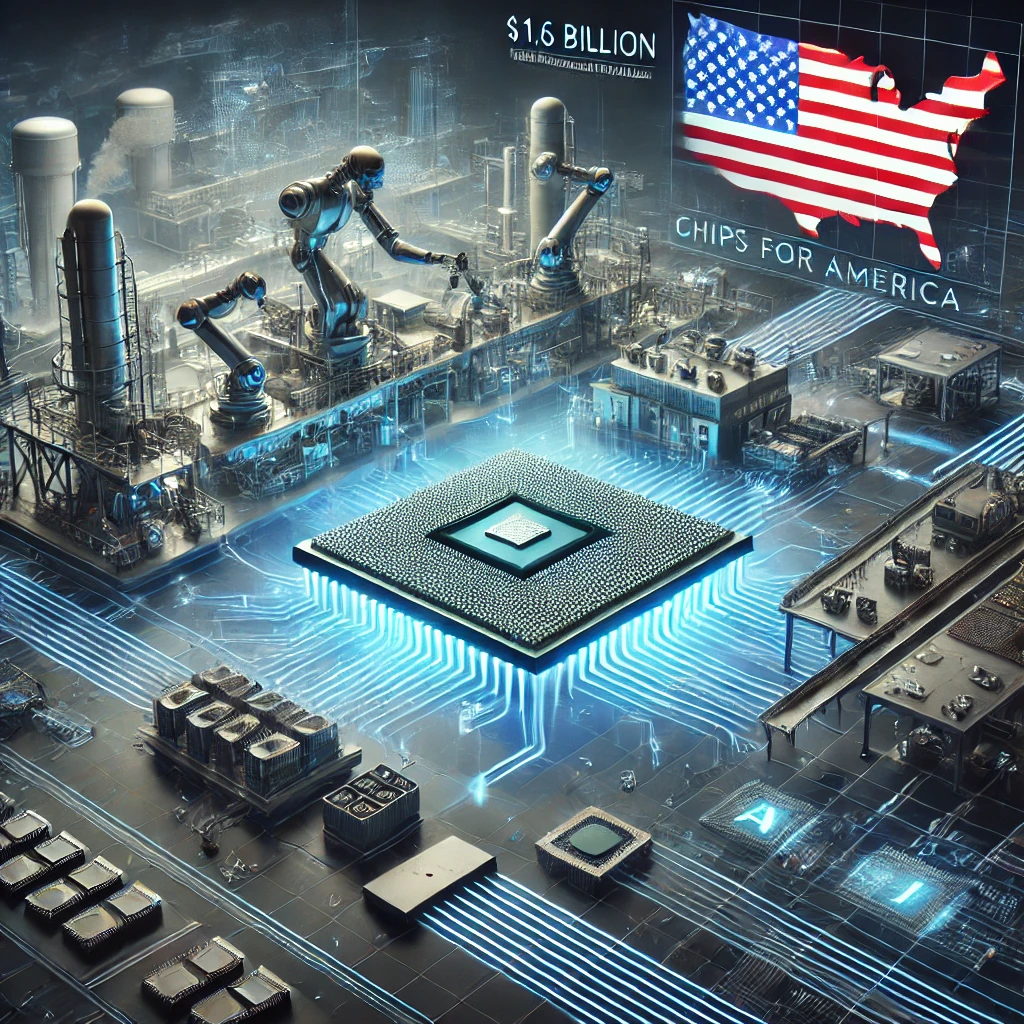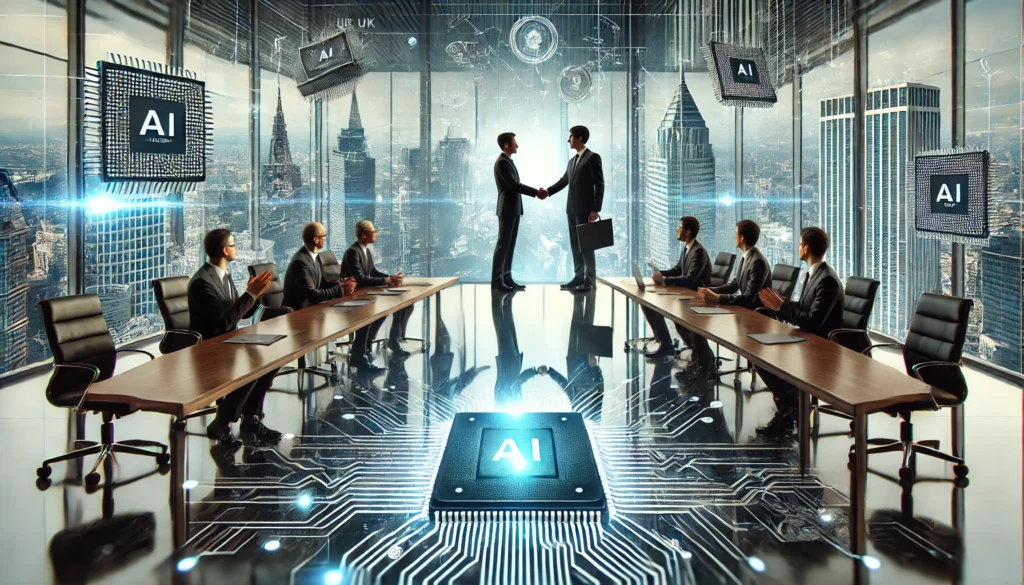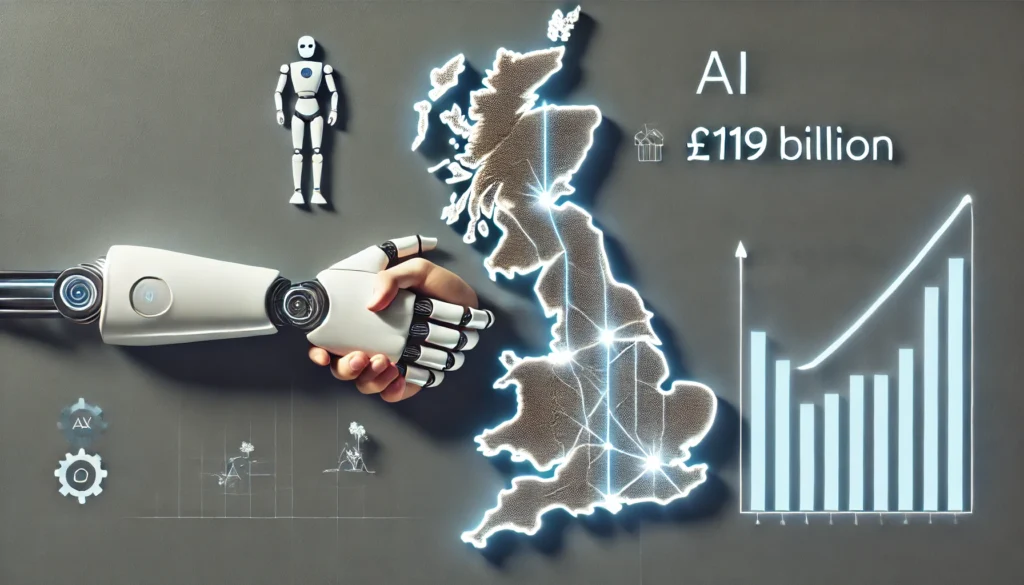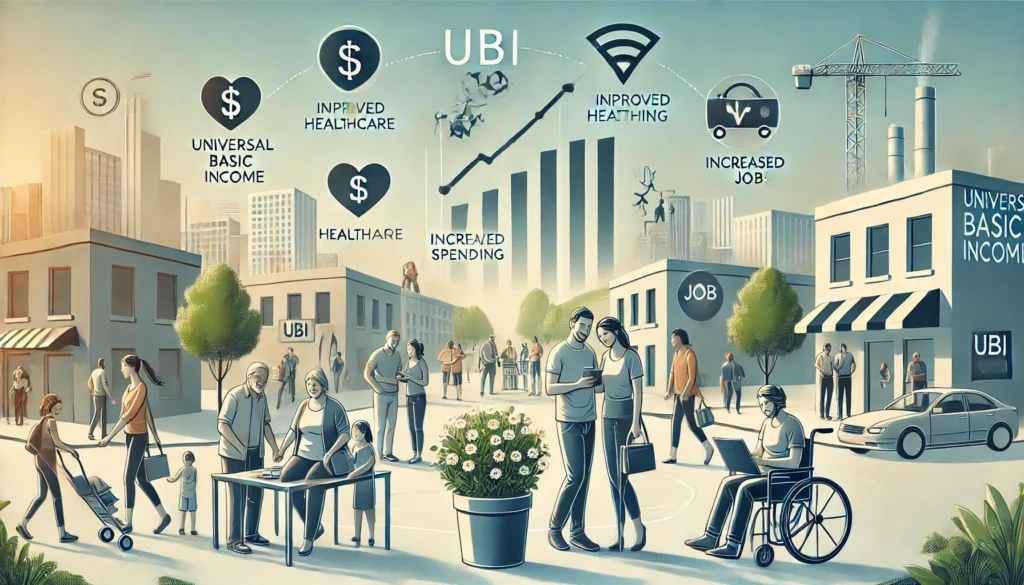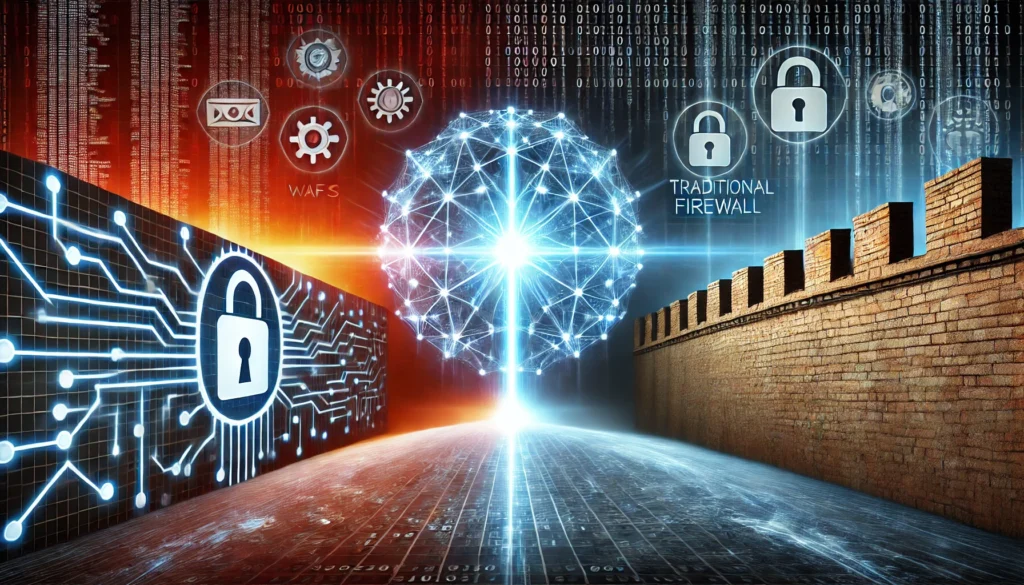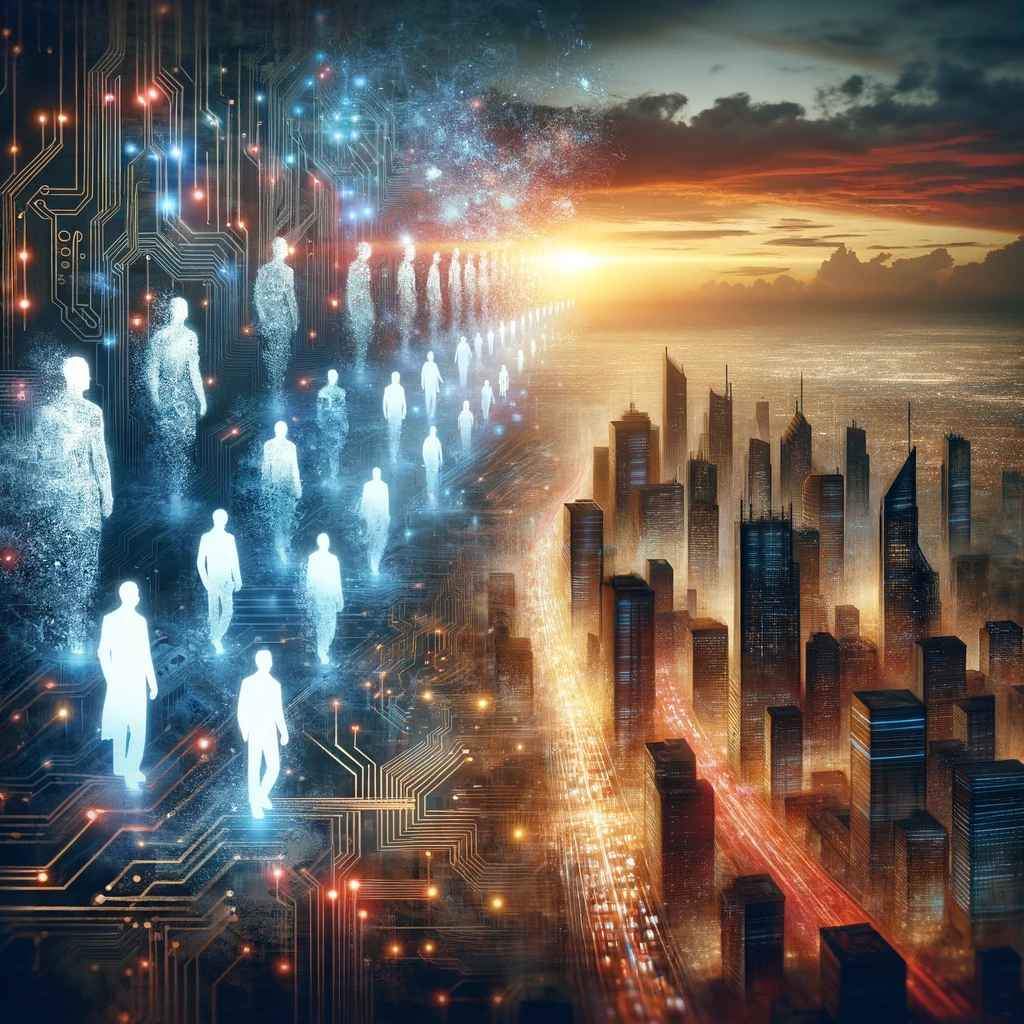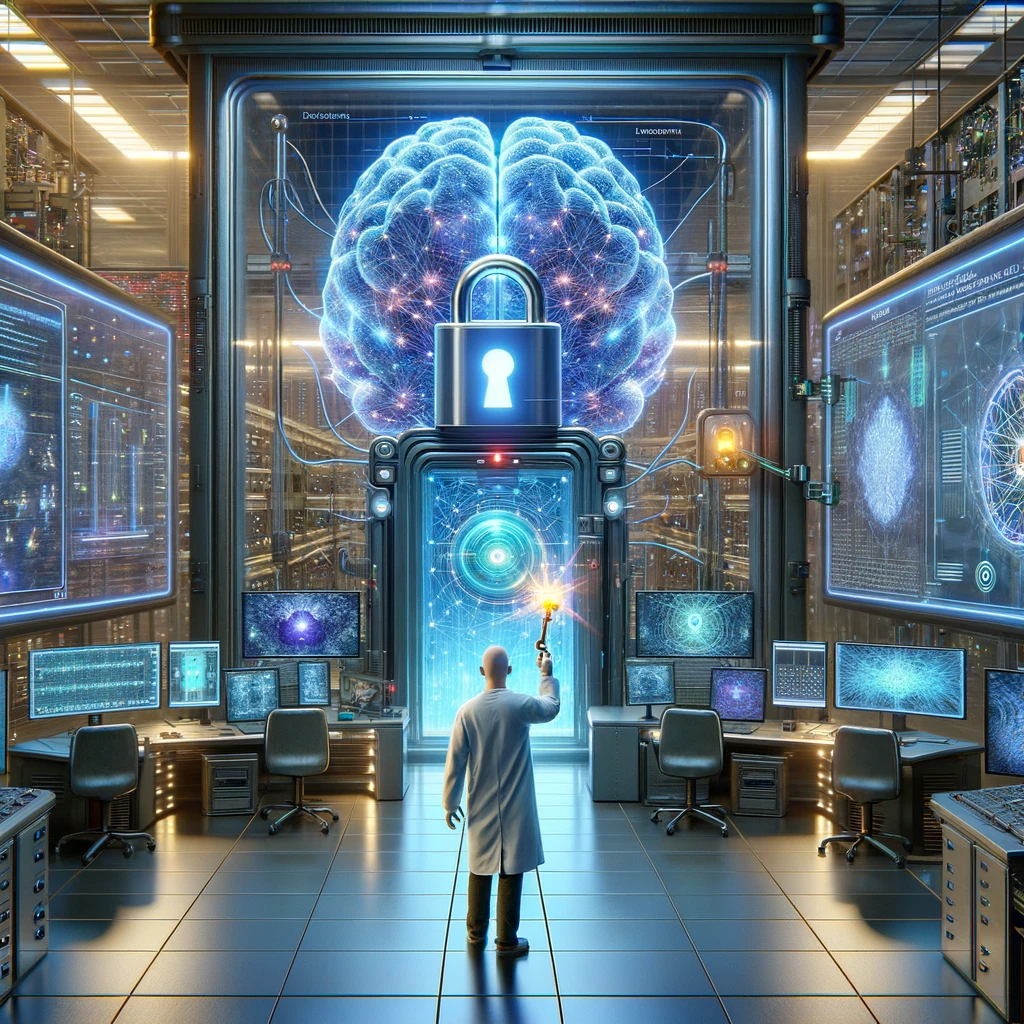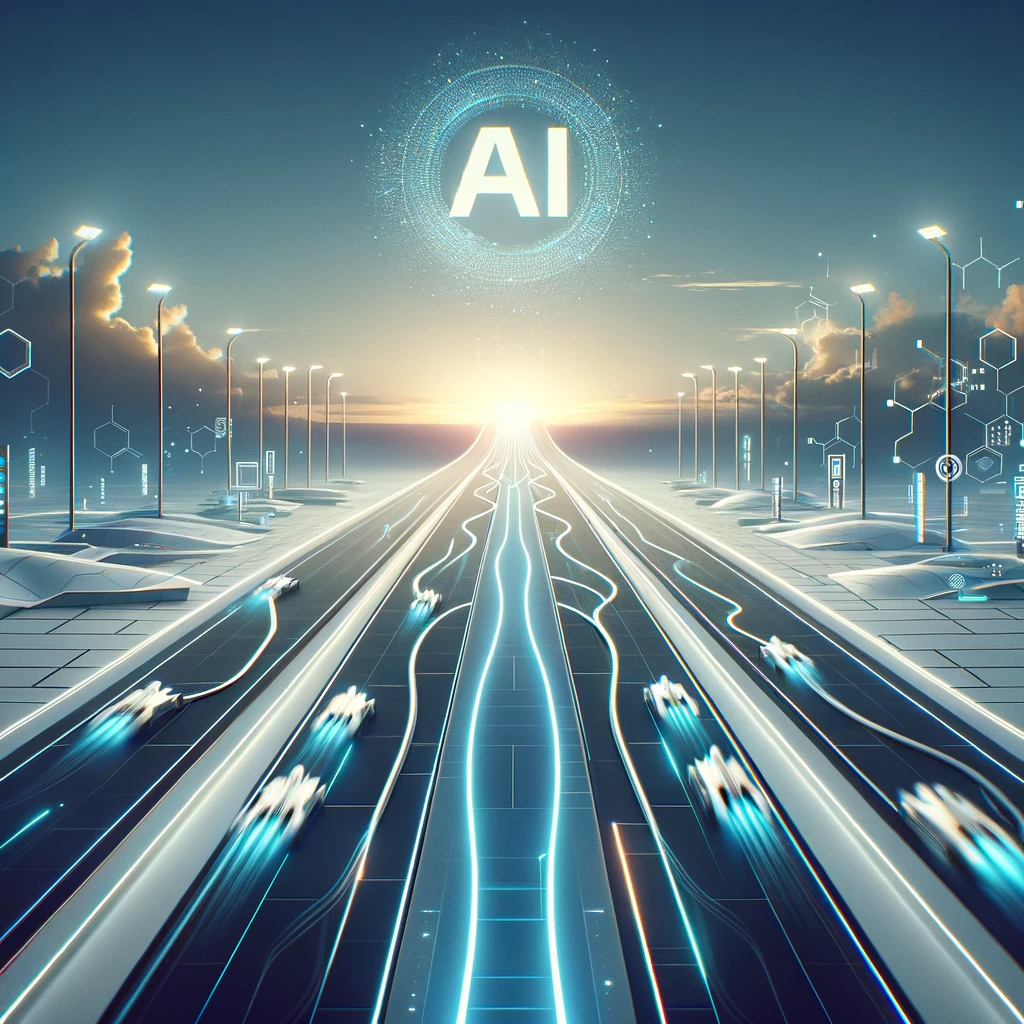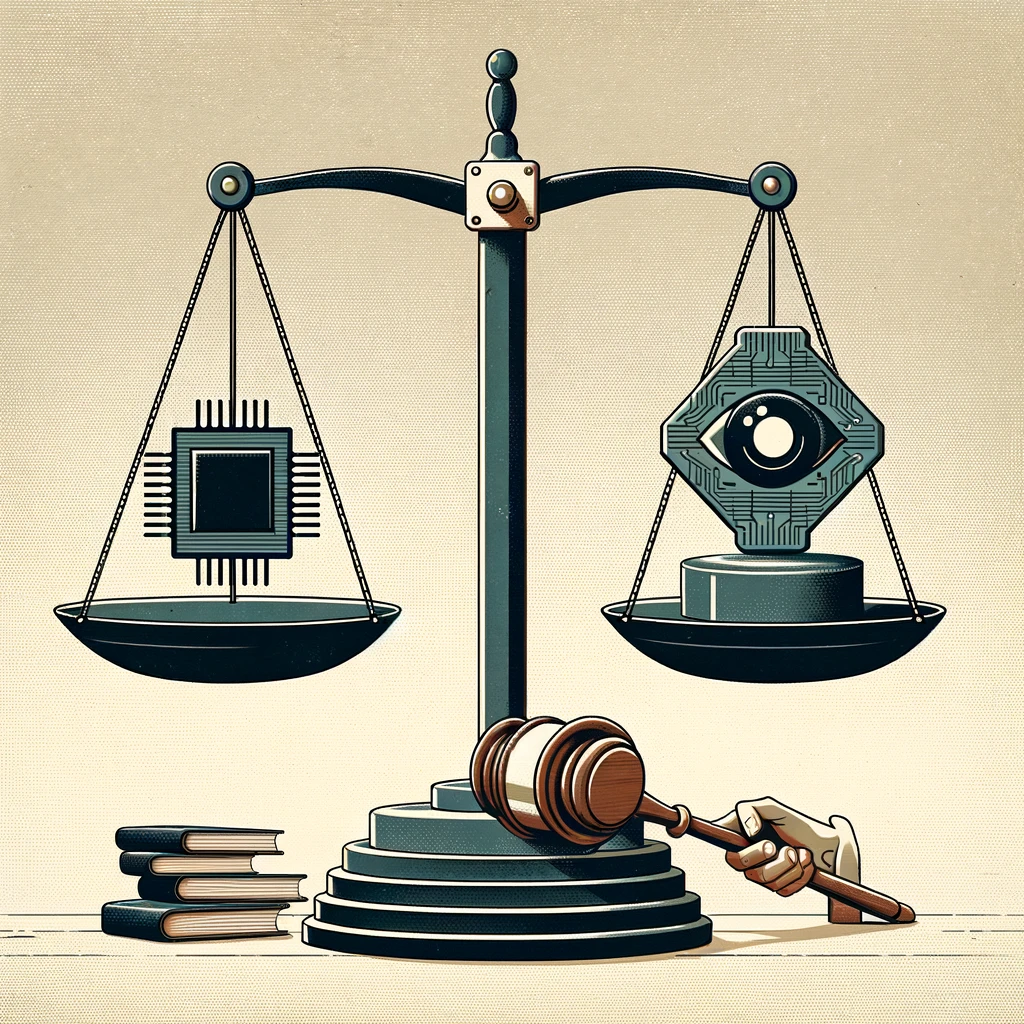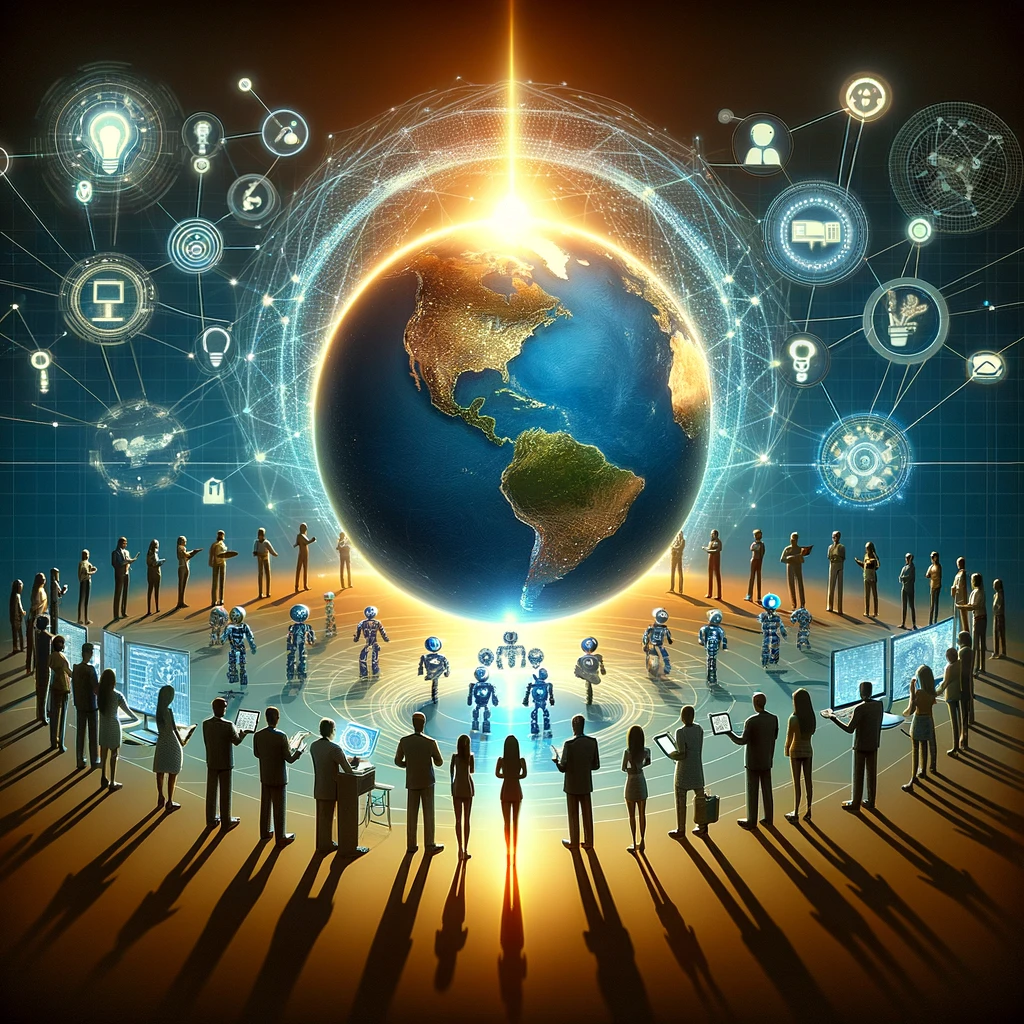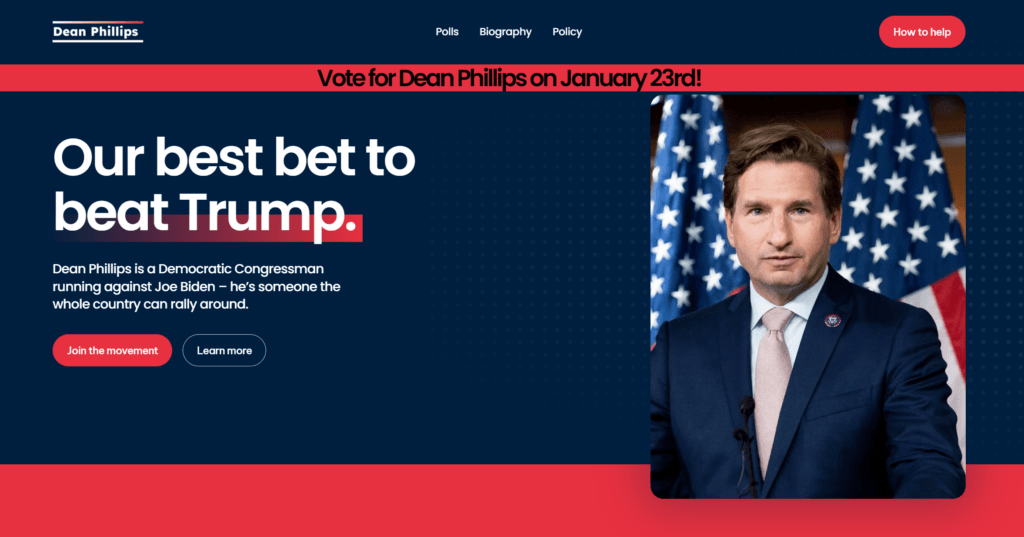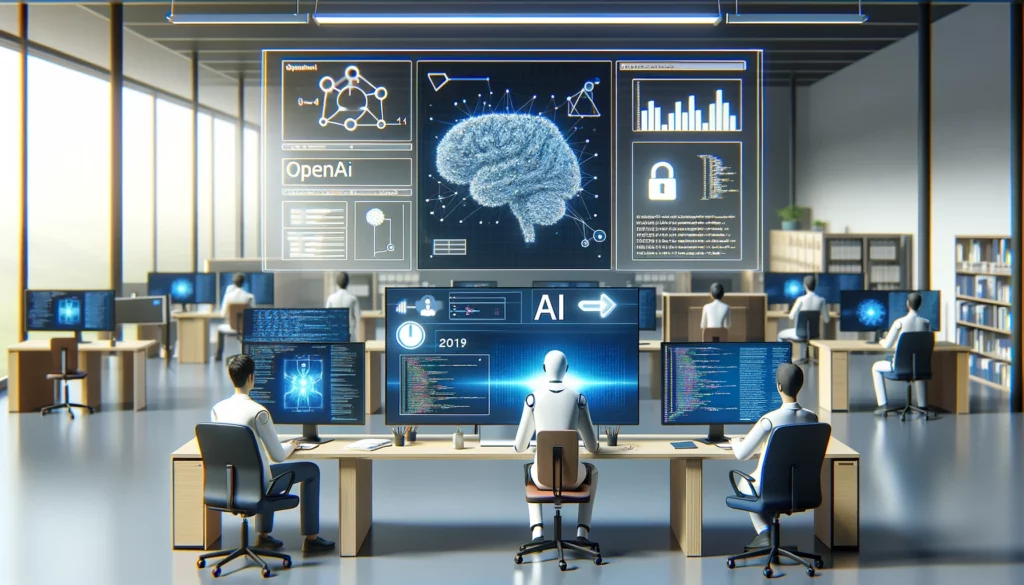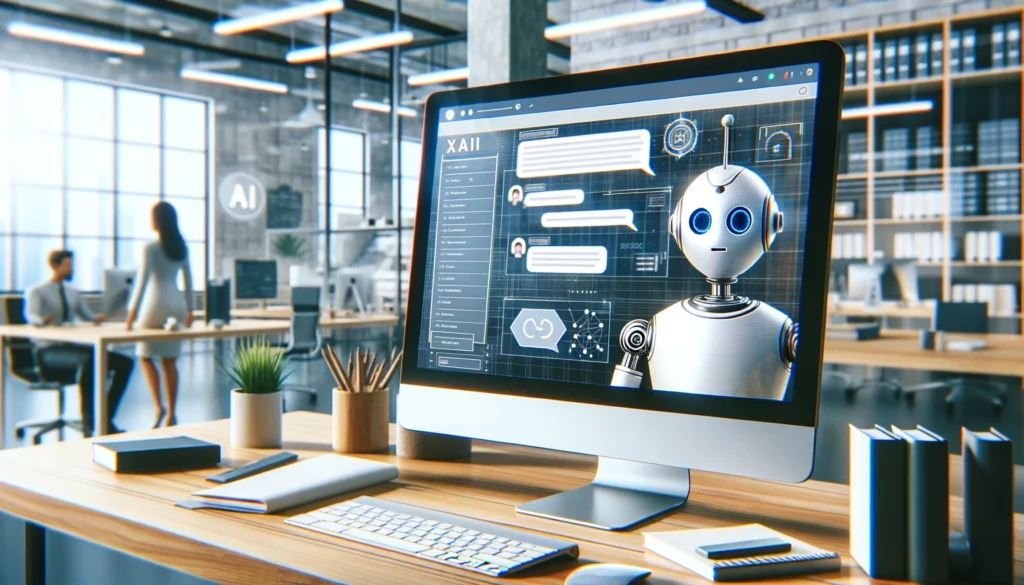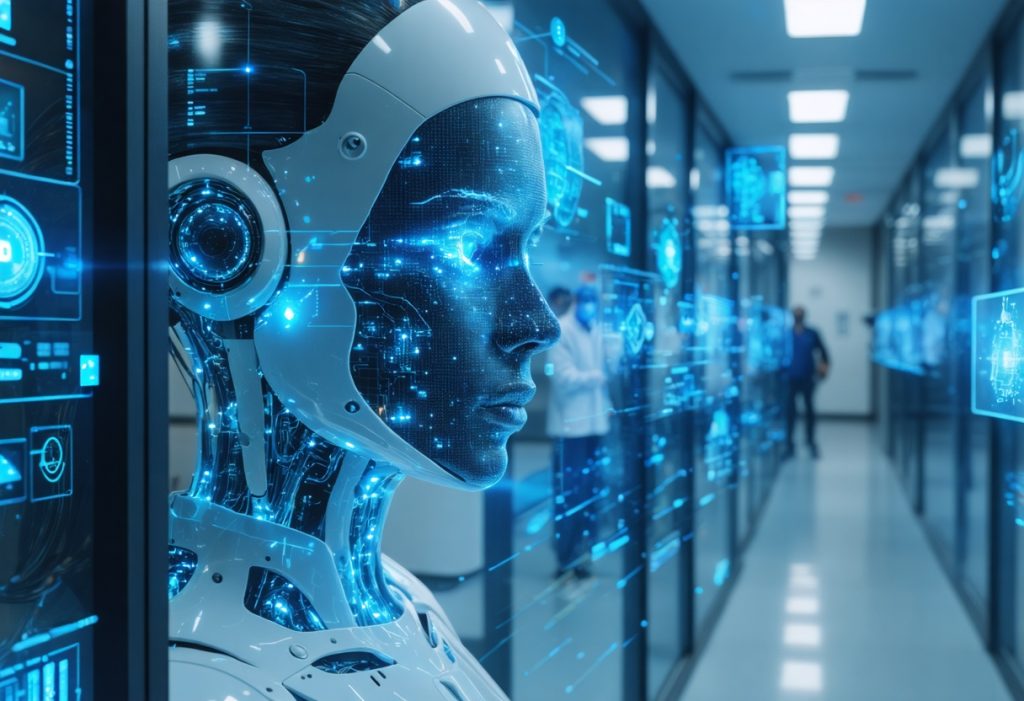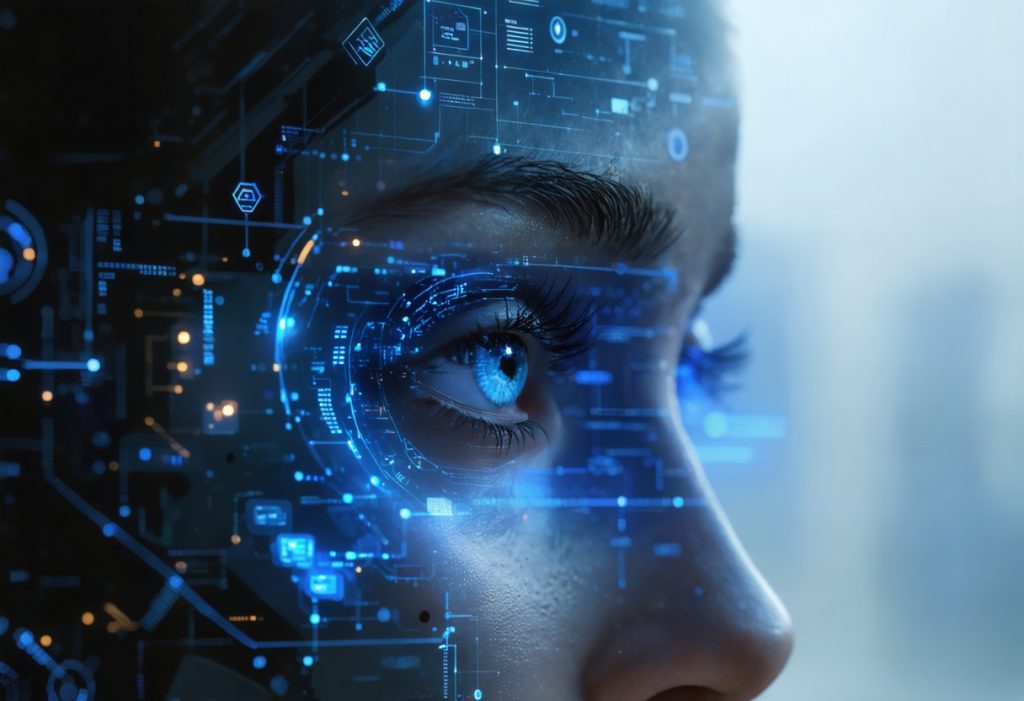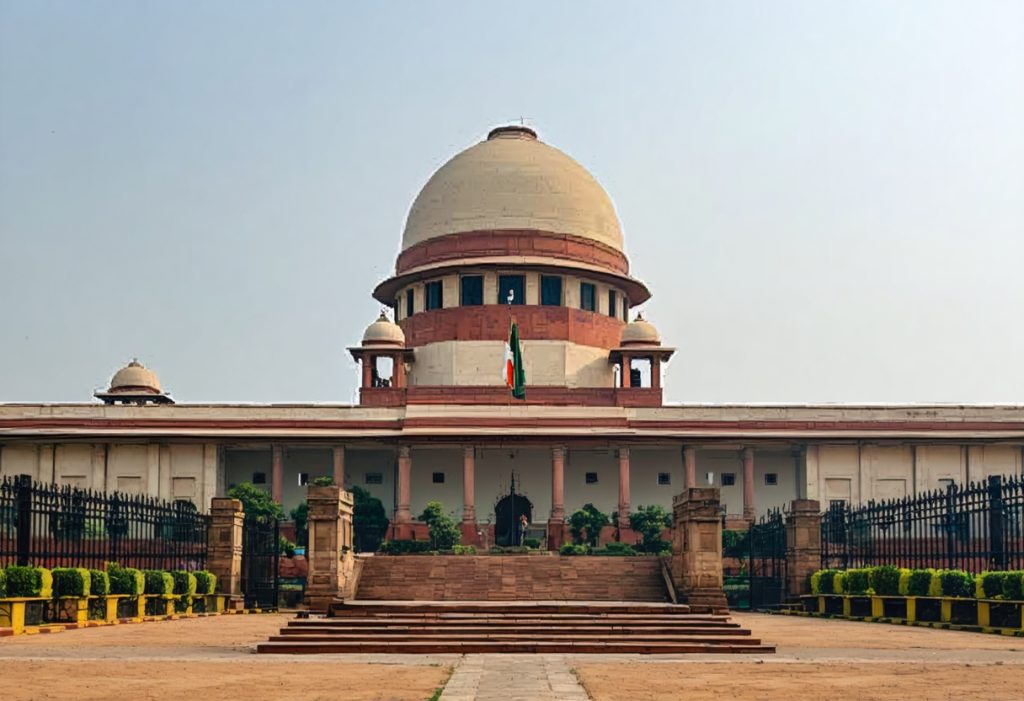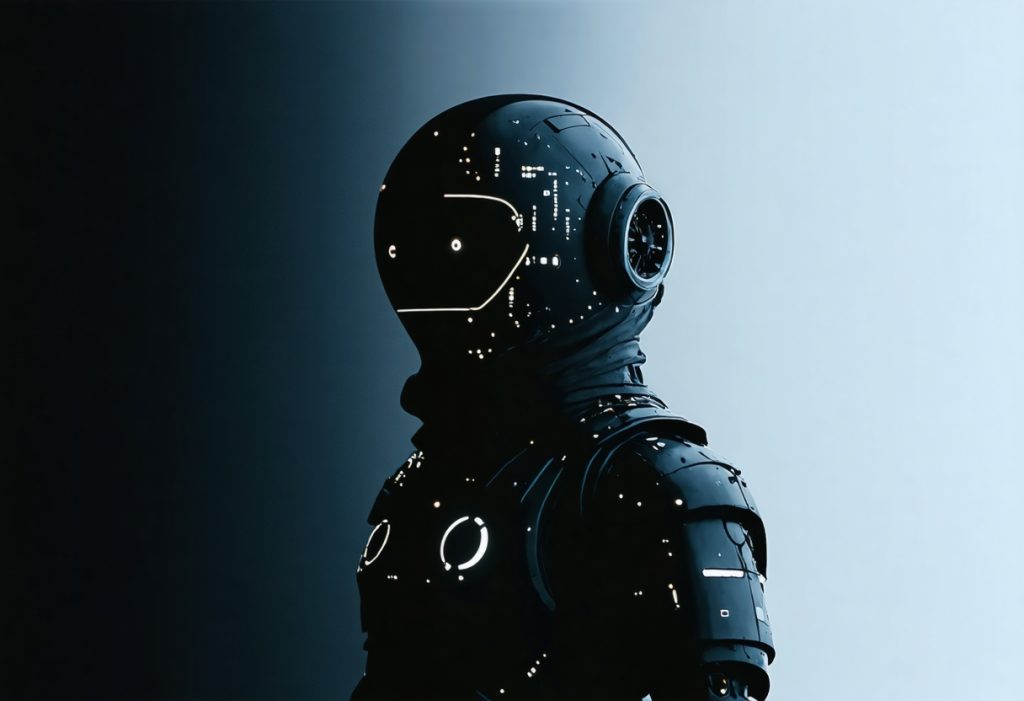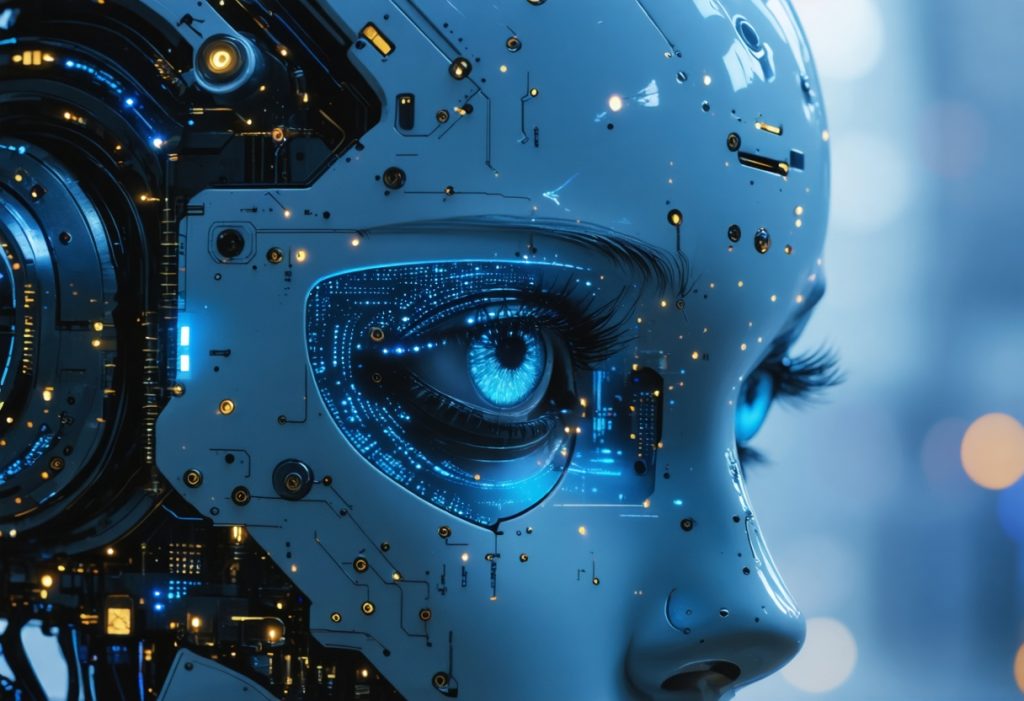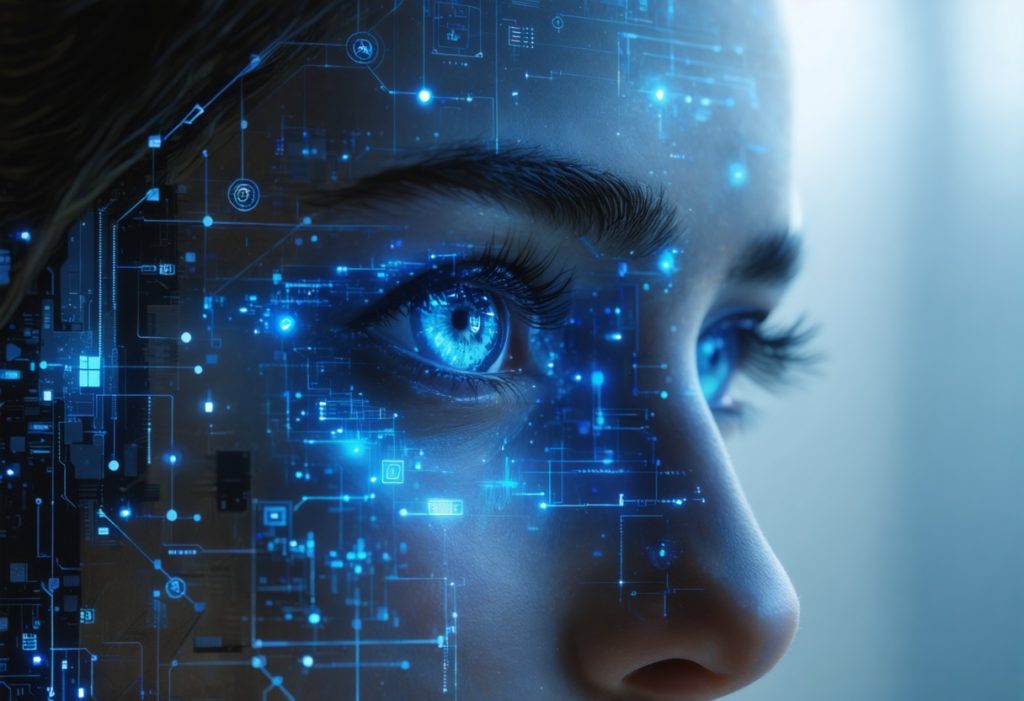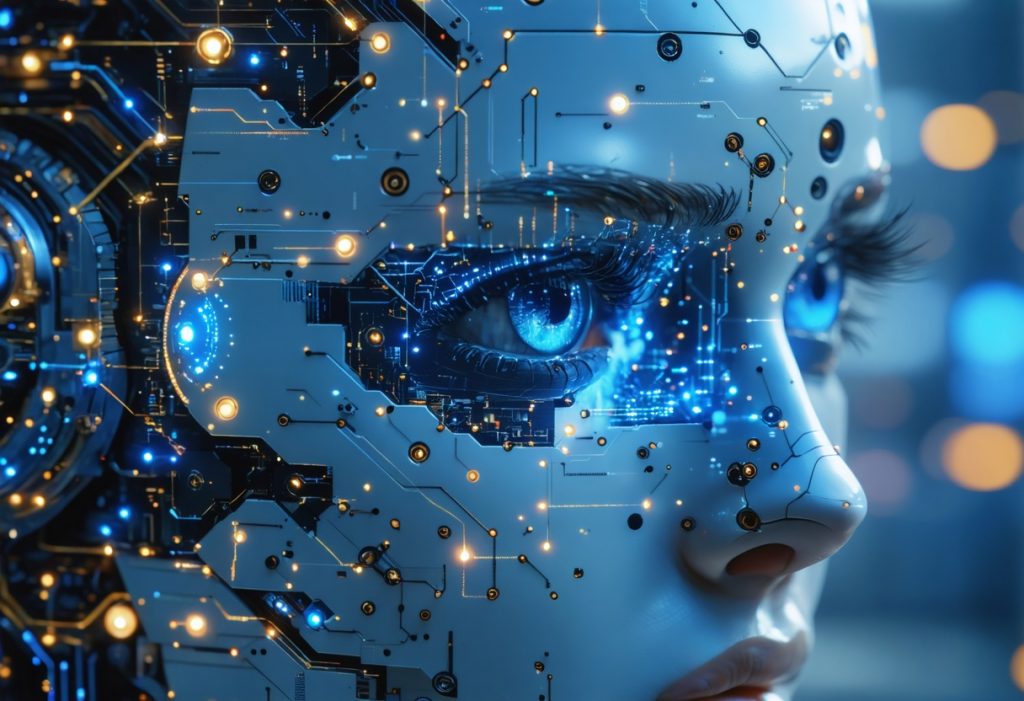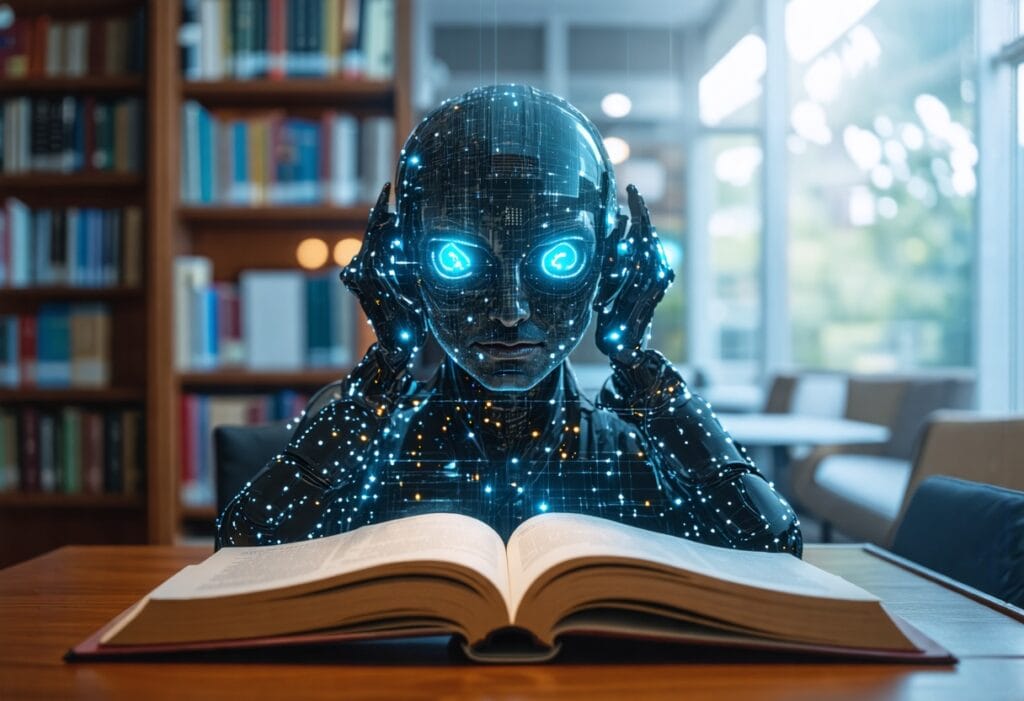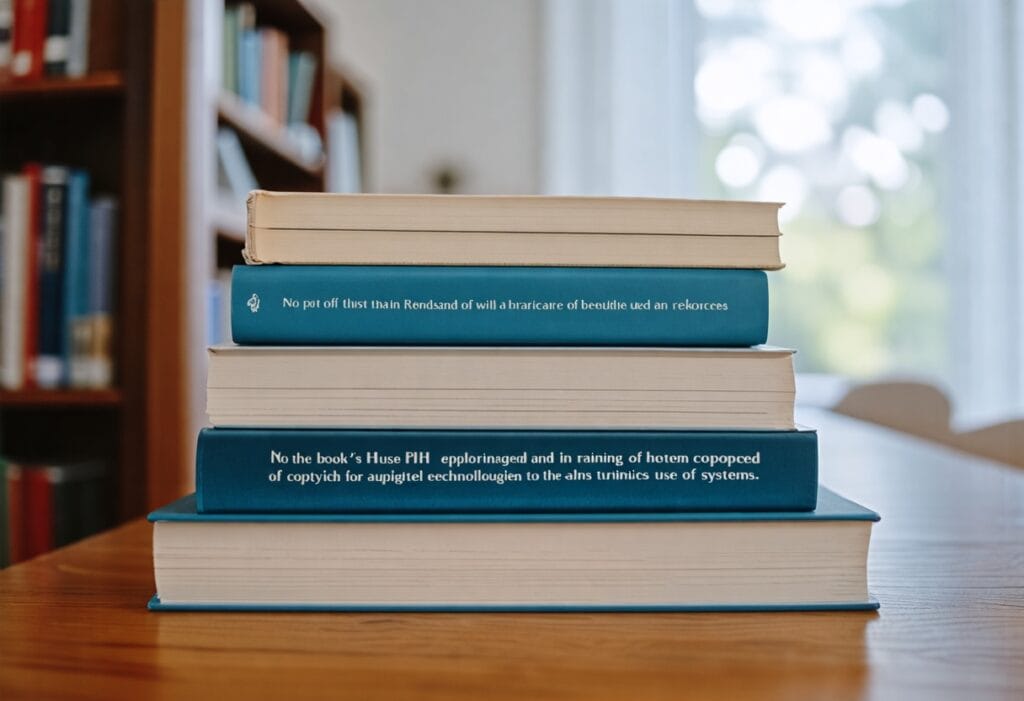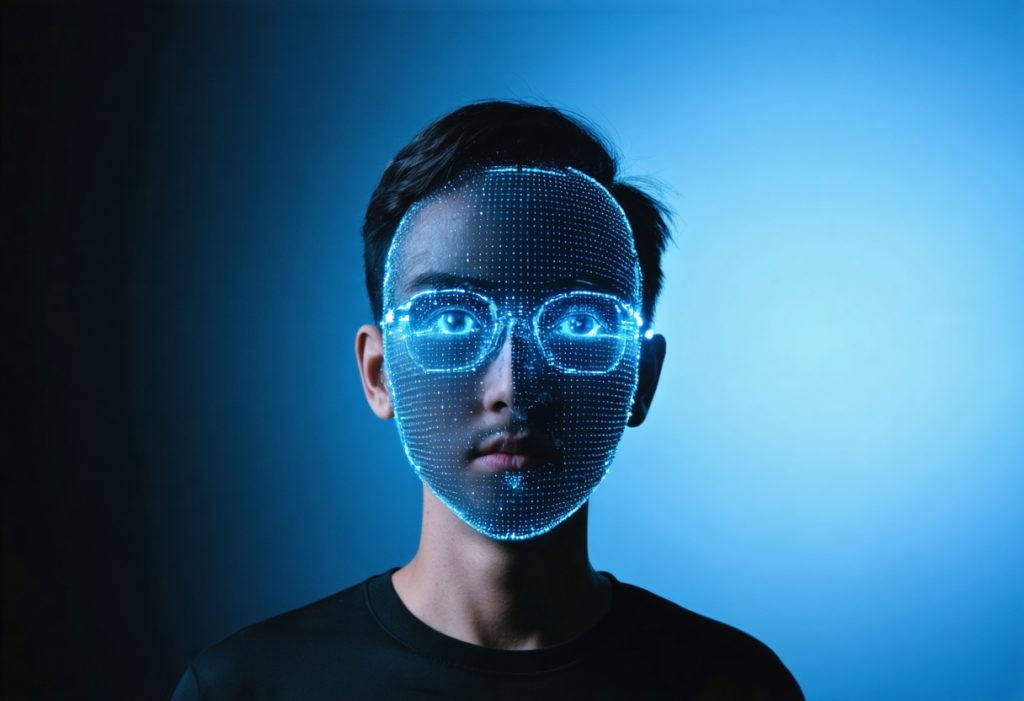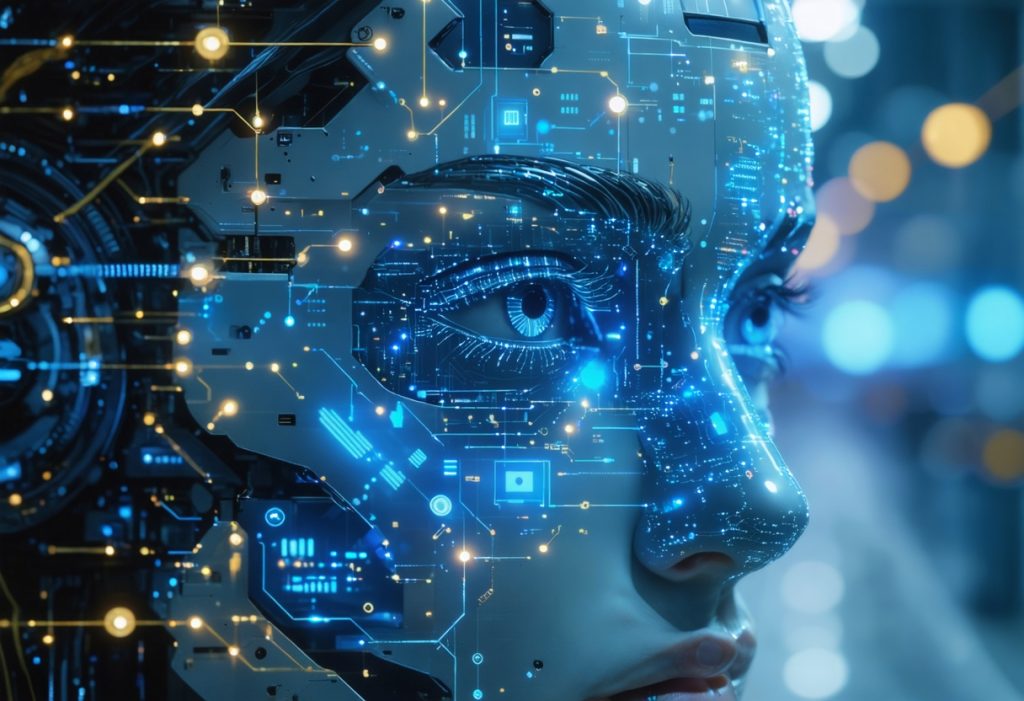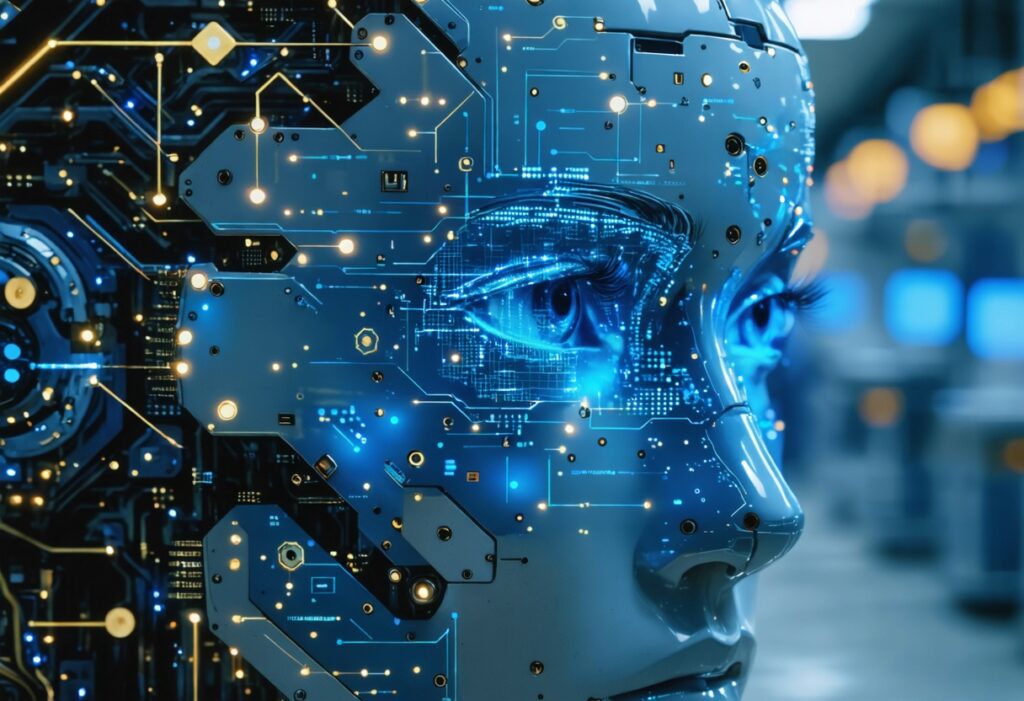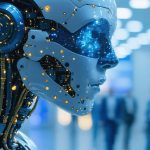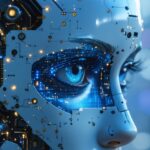Unraveling the Legal Tangle: AI’s Copyright Dilemma in Data Training

As OpenAI recently presented to a UK parliamentary committee, the tricky tangle of AI development and intellectual property rights has reached a pivotal moment. Acknowledged as a crucial component of innovative technology, Artificial Intelligence can no longer skirt the fringes of copyright law without consequence. Senior editor Ryan Daws, with his extensive tech background and discerning eye for industry transformations, unpacks OpenAI’s contention that avoiding copyrighted data in AI training is not just difficult—it’s “impossible.”
OpenAI’s platforms, like the acclaimed ChatGPT, rely immensely on a plethora of data to simulate human-like interactions. The company’s candid admission sheds light on a fundamental truth: current copyright laws clash with the necessities of modern AI systems. Protected online content is pervasive, and the OpenAI stance suggests that without utilizing such data, the AI’s competence may fall short of contemporary demands.
With OpenAI maintaining that its practices operate within legal frameworks, the company alludes to potential agreements with creators to foster a symbiotic relationship. Yet, the firm stands firm in its use of copyrighted material as it finds itself entangled in legal disputes with heavyweights like The New York Times. If OpenAI’s gamble on broad fair use interpretations falls flat, the implications could redefine the boundaries of AI training and copyright norms.
Join Ryan Daws as he delves into this labyrinthine debate, examining the ethical, legal, and societal facets of AI’s boundless appetite for data—a topic that remains hotly contested within the corridors of power and high-stakes courtrooms.
The Complexity of AI Training and Copyright Law
As technology evolves, the mismatch between the capabilities desired in artificial intelligence (AI) and the constraints of copyright law becomes increasingly evident. AI, especially advanced models such as OpenAI’s ChatGPT, requires extensive datasets for training in order to produce outputs that are valuable to users. Yet, with the vast majority of potential training data being copyrighted material—ranging from books and articles to images and social media posts—the challenge for AI developers is stark.
The Necessity of Copyrighted Data for Robust AI
The sophistication of AI depends greatly on the breadth and quality of its training data. For AI to understand and generate human-like text, it must learn from a myriad of real-world examples. Developers argue that without access to a rich and diverse pool of information, the quality of AI output will suffer dramatically, unable to grasp the nuances and complexities of human language and current topics.
Copyright Clashes and Potential Solutions for AI
The seeming conflict between the needs of AI development and the principles of copyright law suggests that innovative compromises and solutions must be found. While acknowledging the importance of protecting creators’ rights, OpenAI indicates a willingness to explore collaborations, compensation models, and licensing agreements that would both utilize copyrighted content and fairly compensate rights holders.
Legal Uncertainty and the Future of AI Development
The legal ramifications of AI’s consumption of copyrighted materials are still largely uncharted territory. As OpenAI and other AI entities engage with copyrighted content in the pursuit of more advanced technologies, they also invite scrutiny and legal challenges from rights holders concerned with infringement.
The Role of AI Ethics in Managing Copyrighted Data
Beyond the legal aspects, there remains an ethical dimension to the use of copyrighted content in AI training. AI developers, such as OpenAI, face the moral responsibility to balance the advancement of technology with respect for intellectual property and the rights of content creators.
In conclusion, the exploration of copyright law in the context of AI training, as dissected by Ryan Daws, reveals a complex intersection of innovation, legislation, and ethical responsibility. As OpenAI’s candid insights expose the inherent challenge of excluding copyrighted data from AI development, it becomes increasingly clear that the relationship between AI technology and intellectual property rights is fraught with legal ambiguities and contentious debates.
The necessity for contemporary and diverse training datasets underscores the urgency for legal frameworks that can accommodate the unique demands of AI systems while safeguarding the interests of content creators. OpenAI’s experiences, entwined with ongoing legal disputes and the quest for fair use interpretations, accentuate the pressing need for adaptable solutions that fulfill the dual objectives of advancing AI potential and upholding copyright norms.
Future AI development hinges on achieving a harmonious equilibrium between technology’s thirst for data and the imperative of protecting intellectual creations. This balance demands innovative legal constructs, ethical considerations, and perhaps even a reimagining of copyright laws that keep apace with the rapid advancements of the digital age. For AI to flourish responsibly, a collaborative approach that respects both the advancements in technology and the legitimate rights of creators is not just desirable—it’s imperative.
